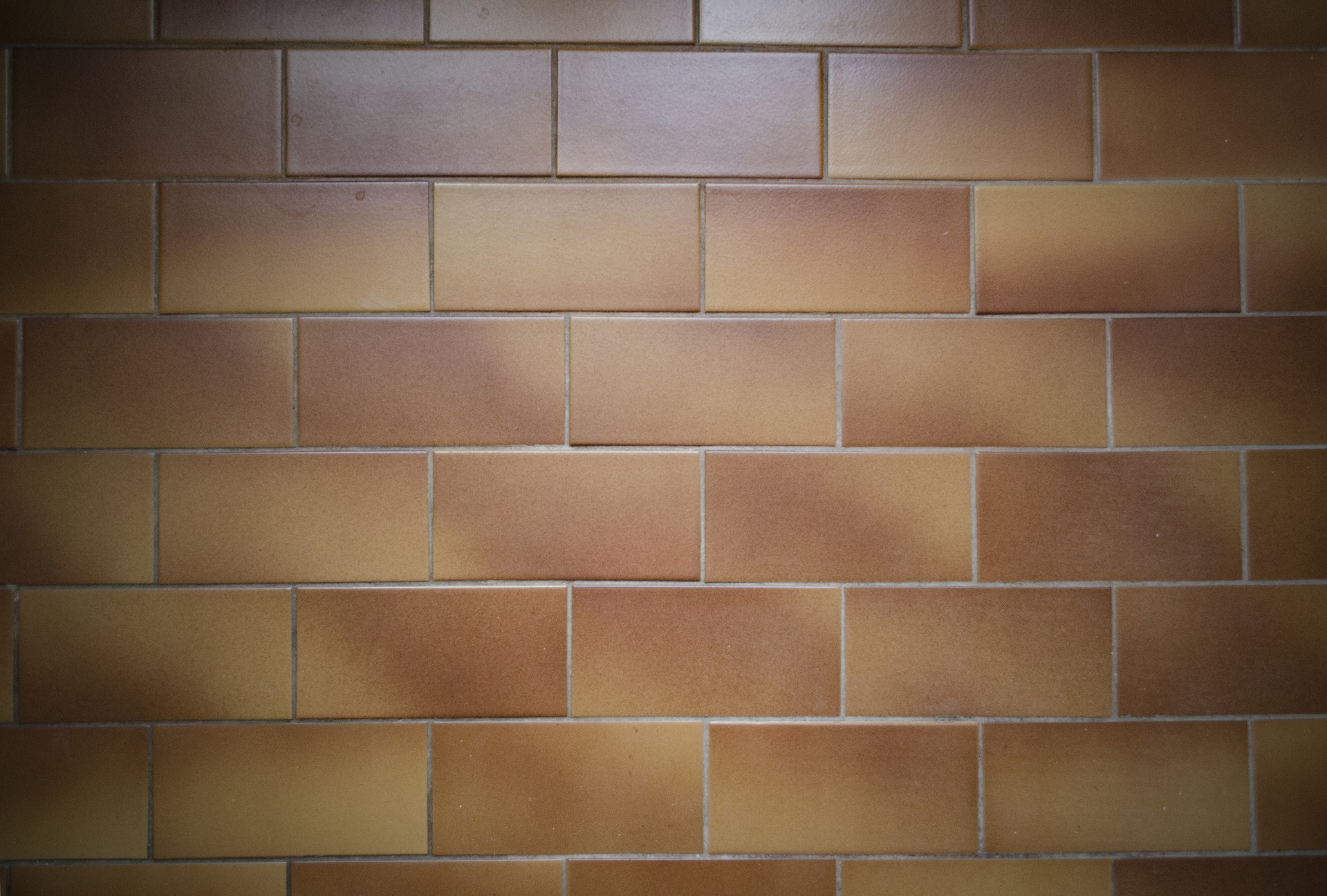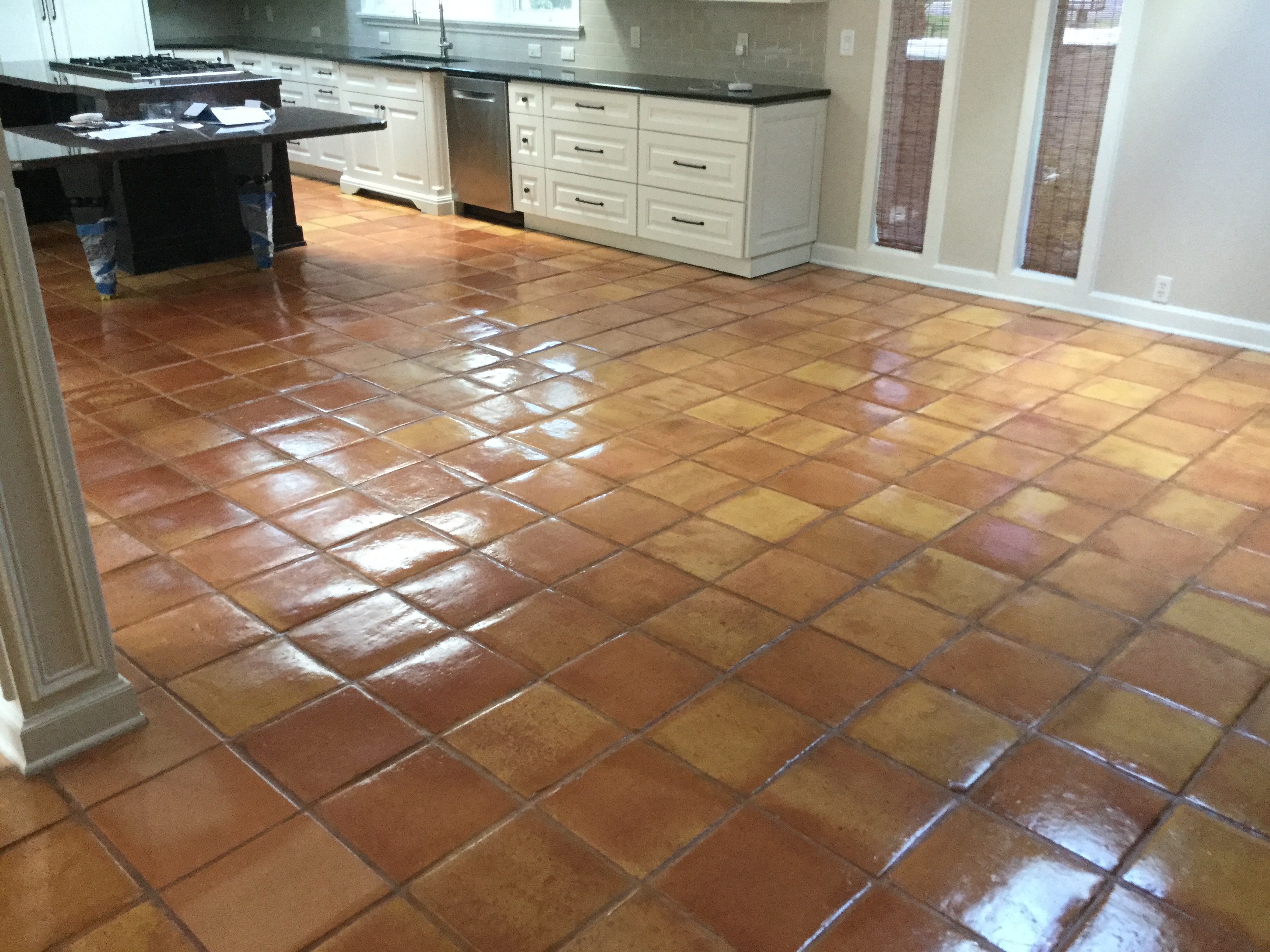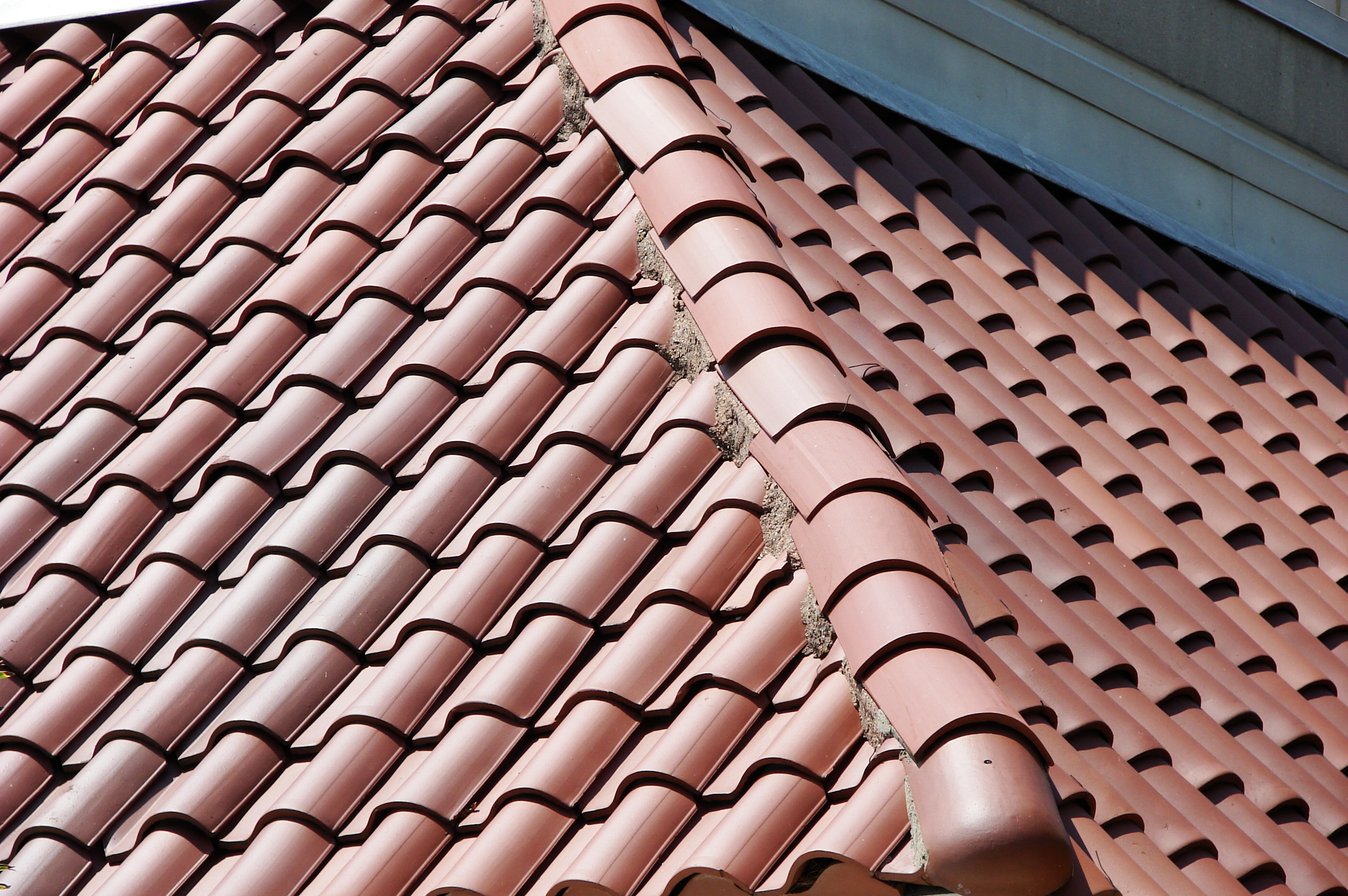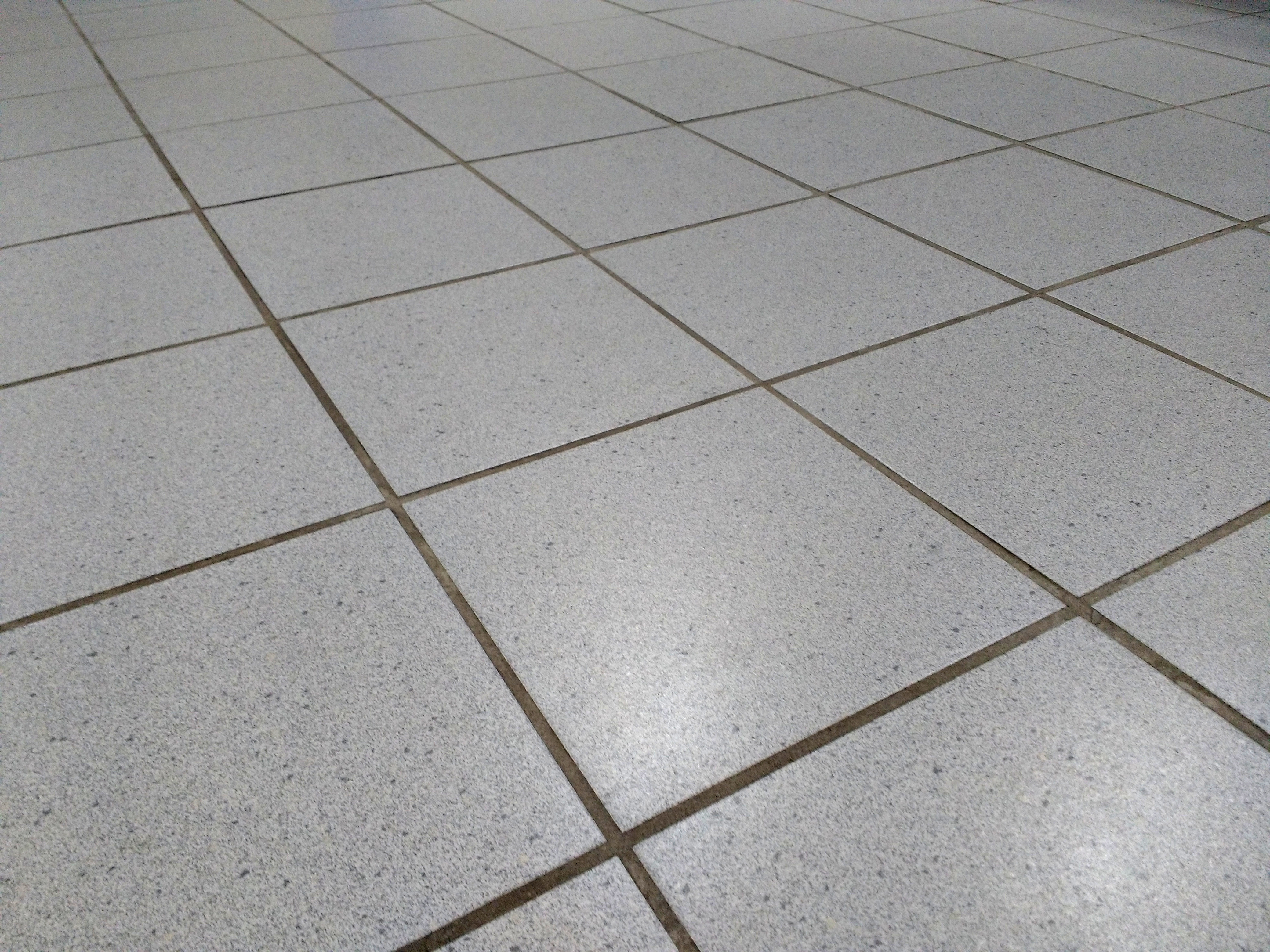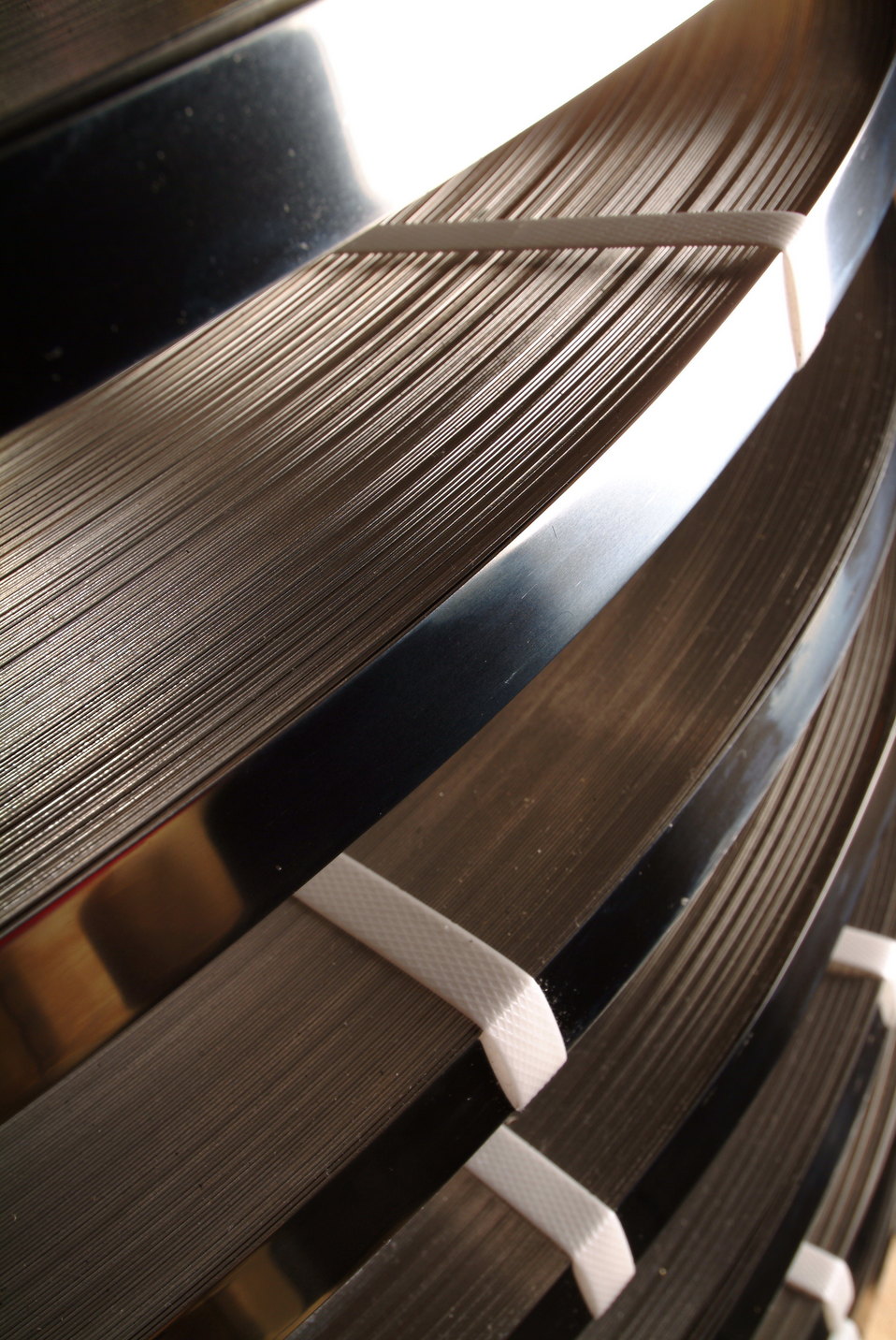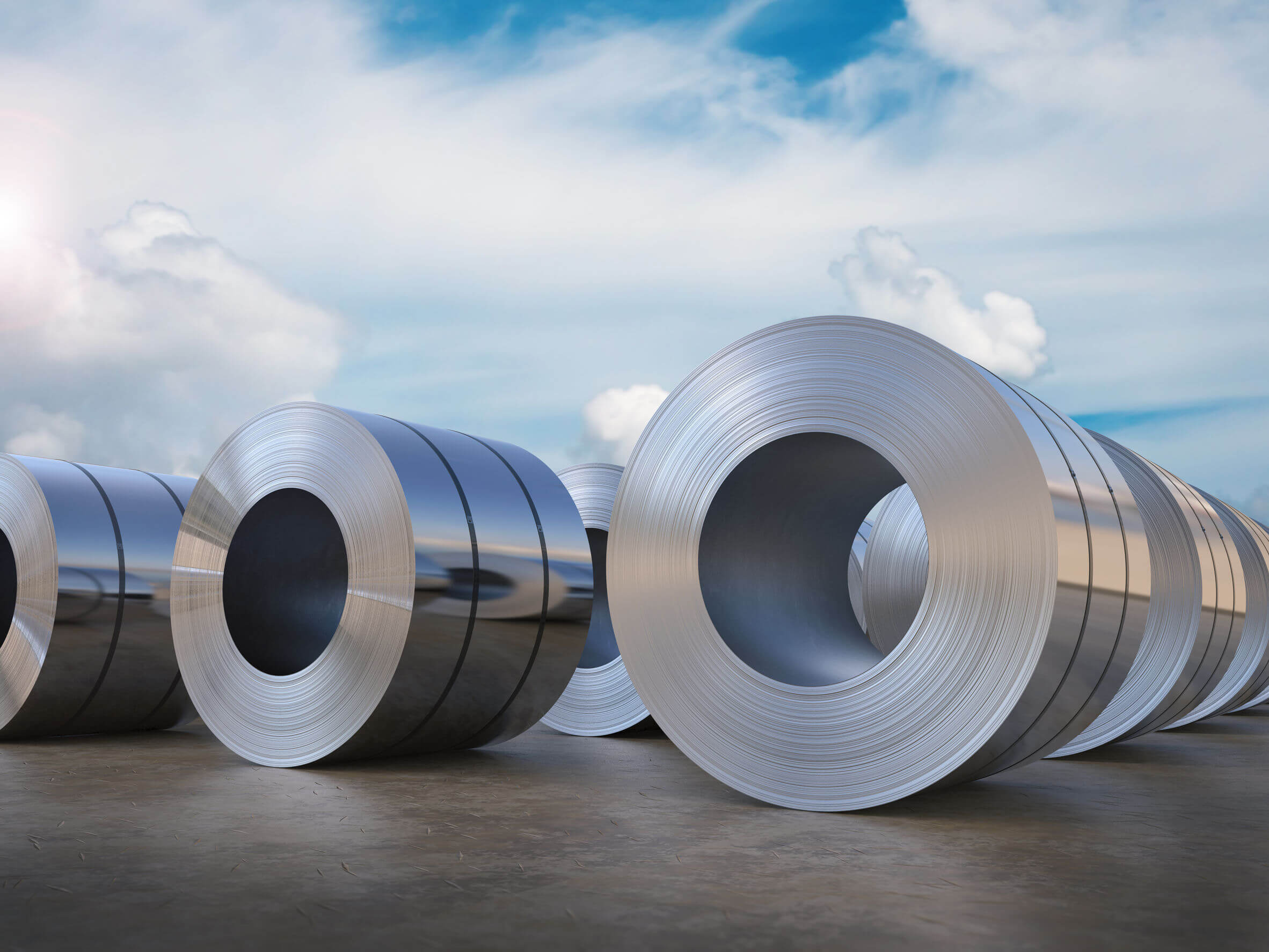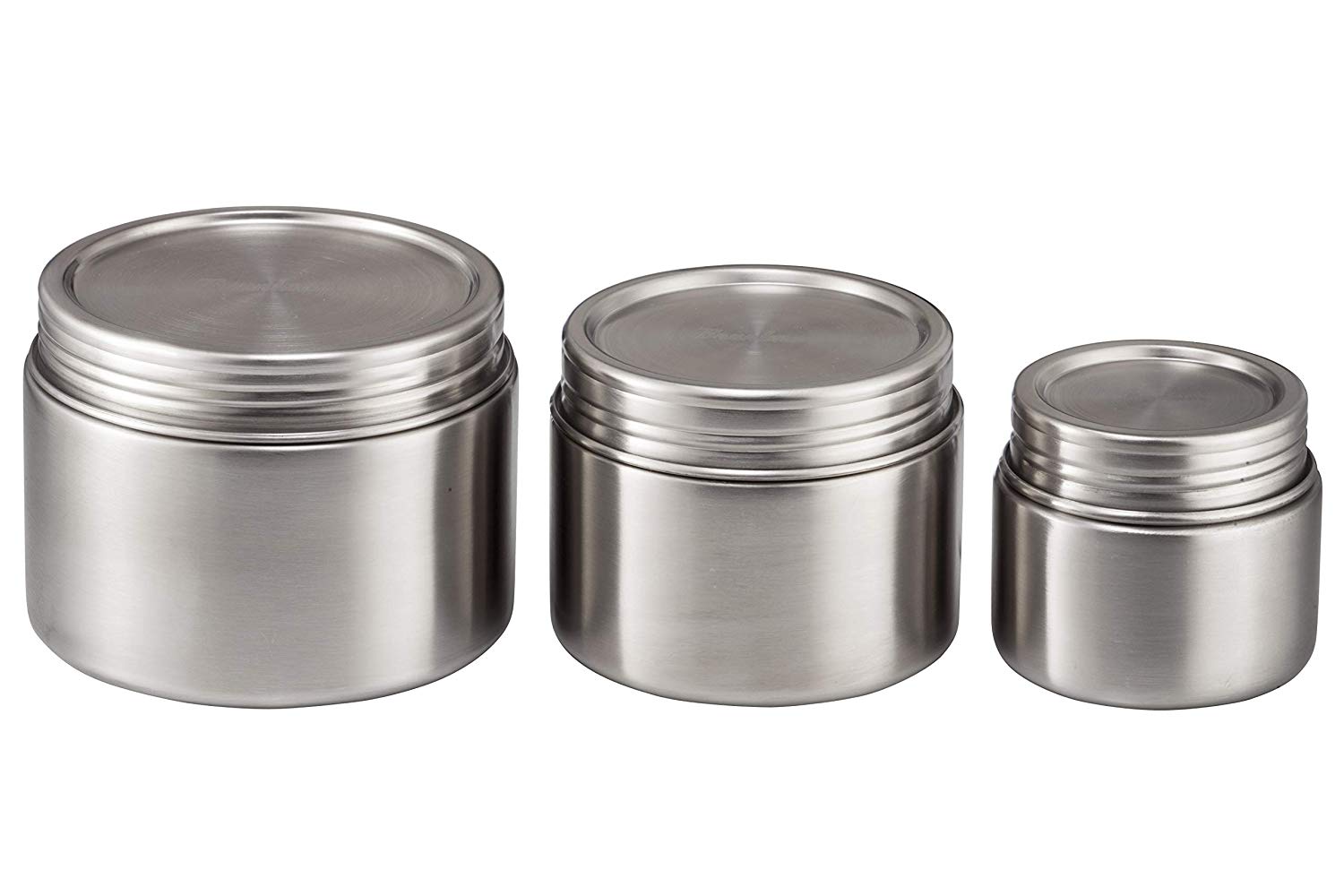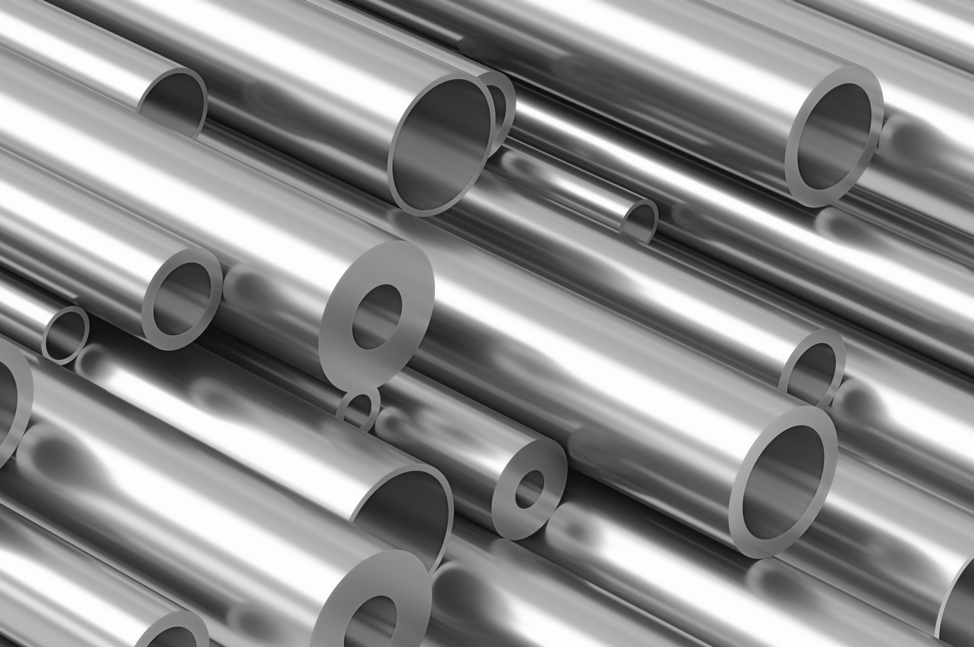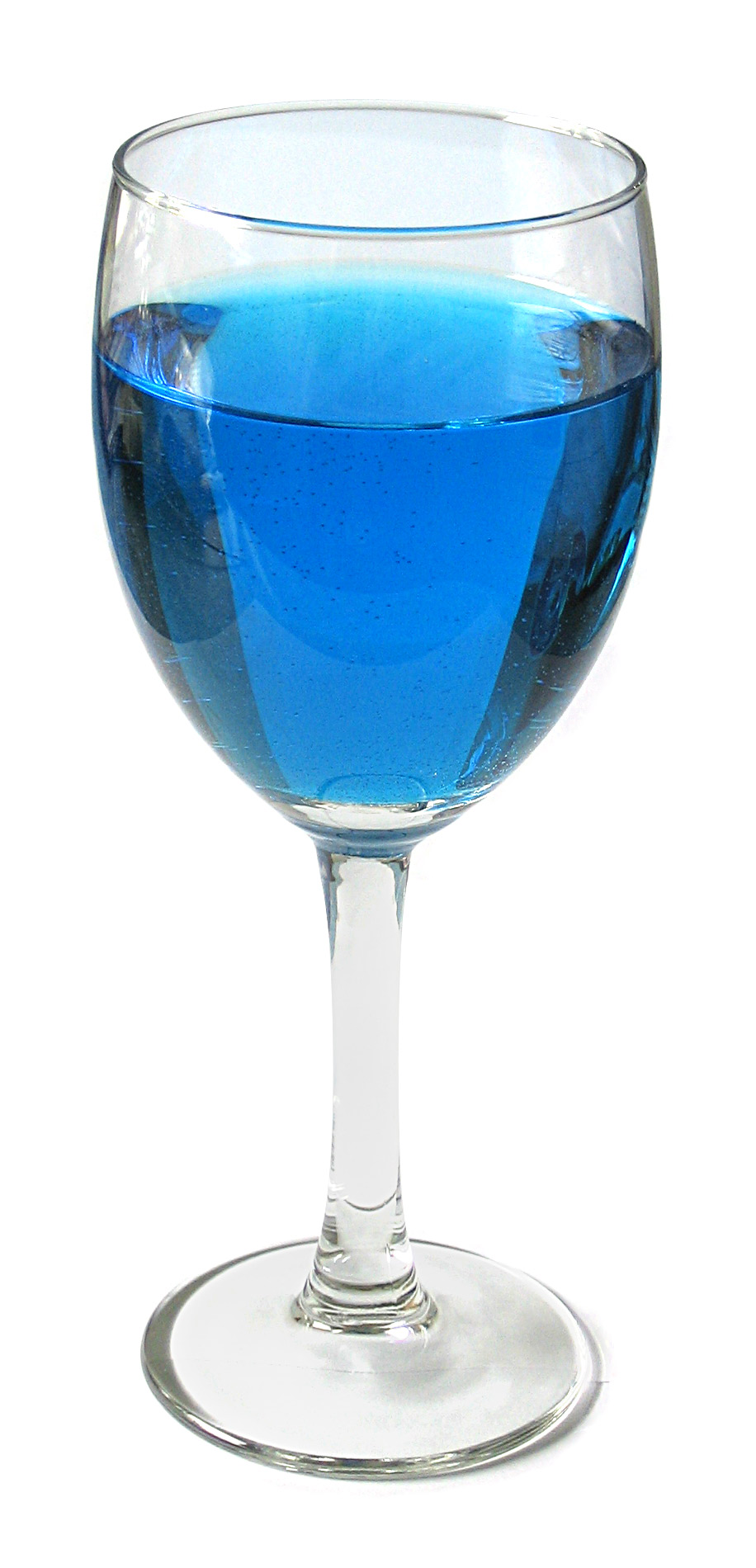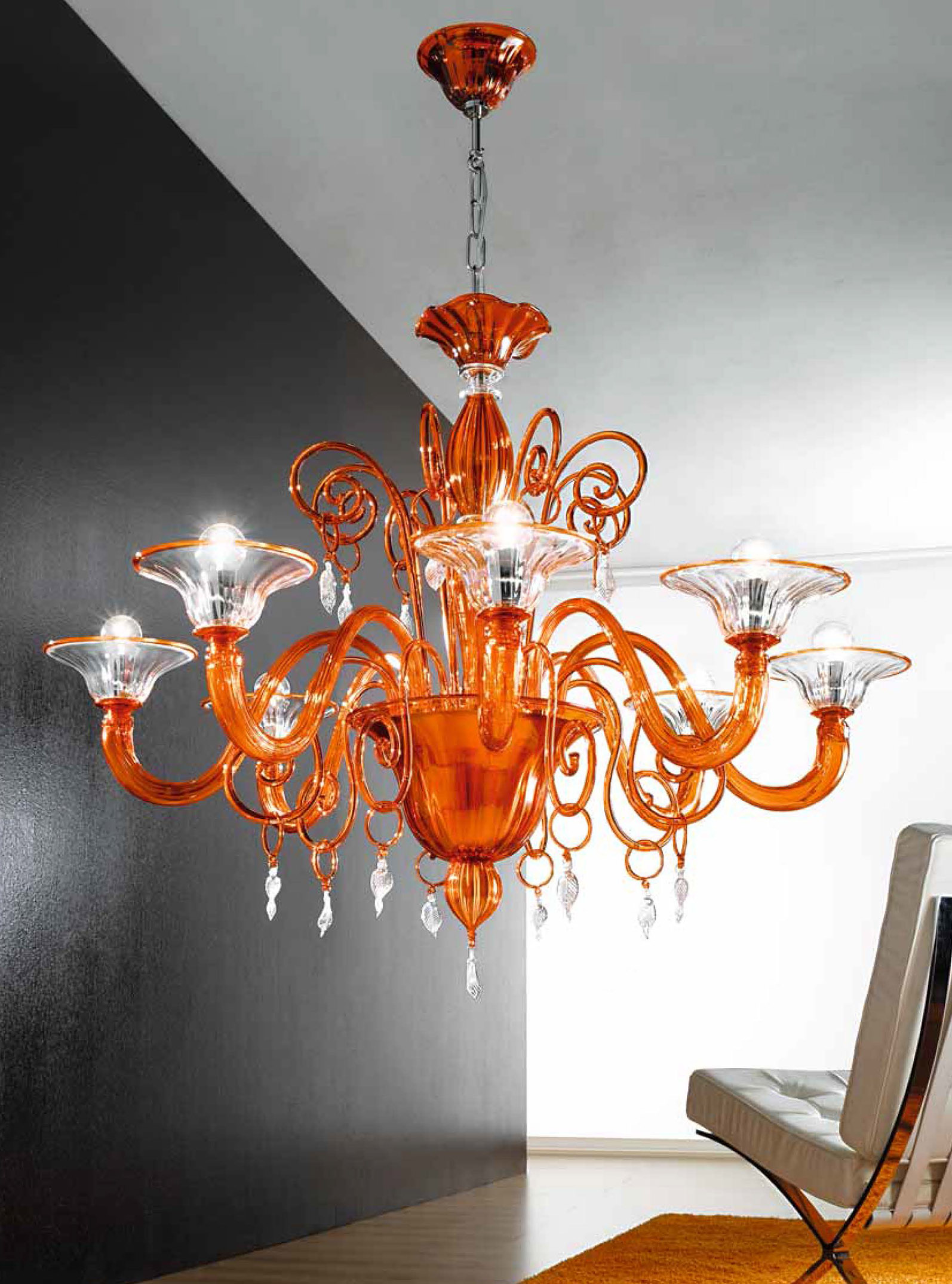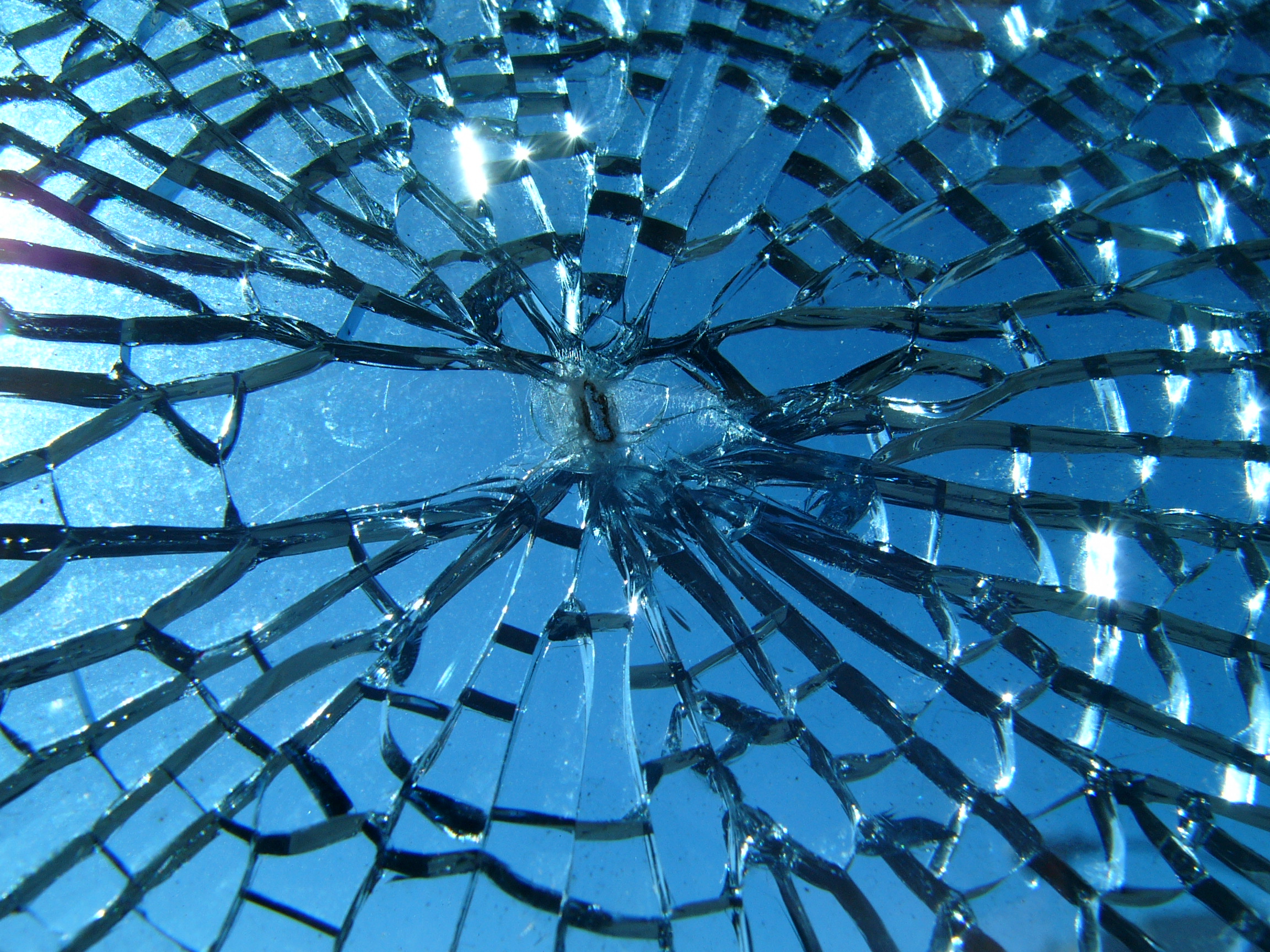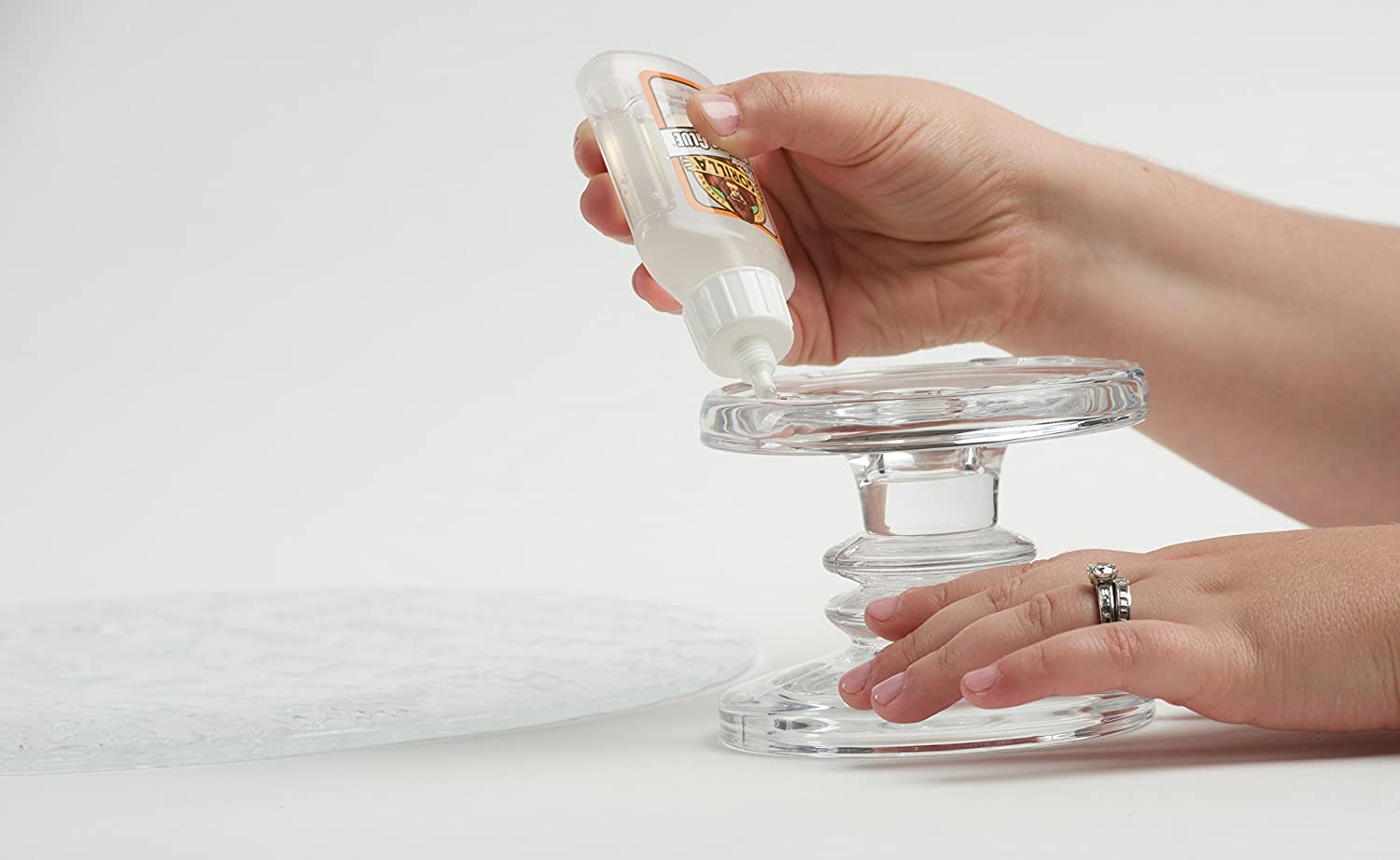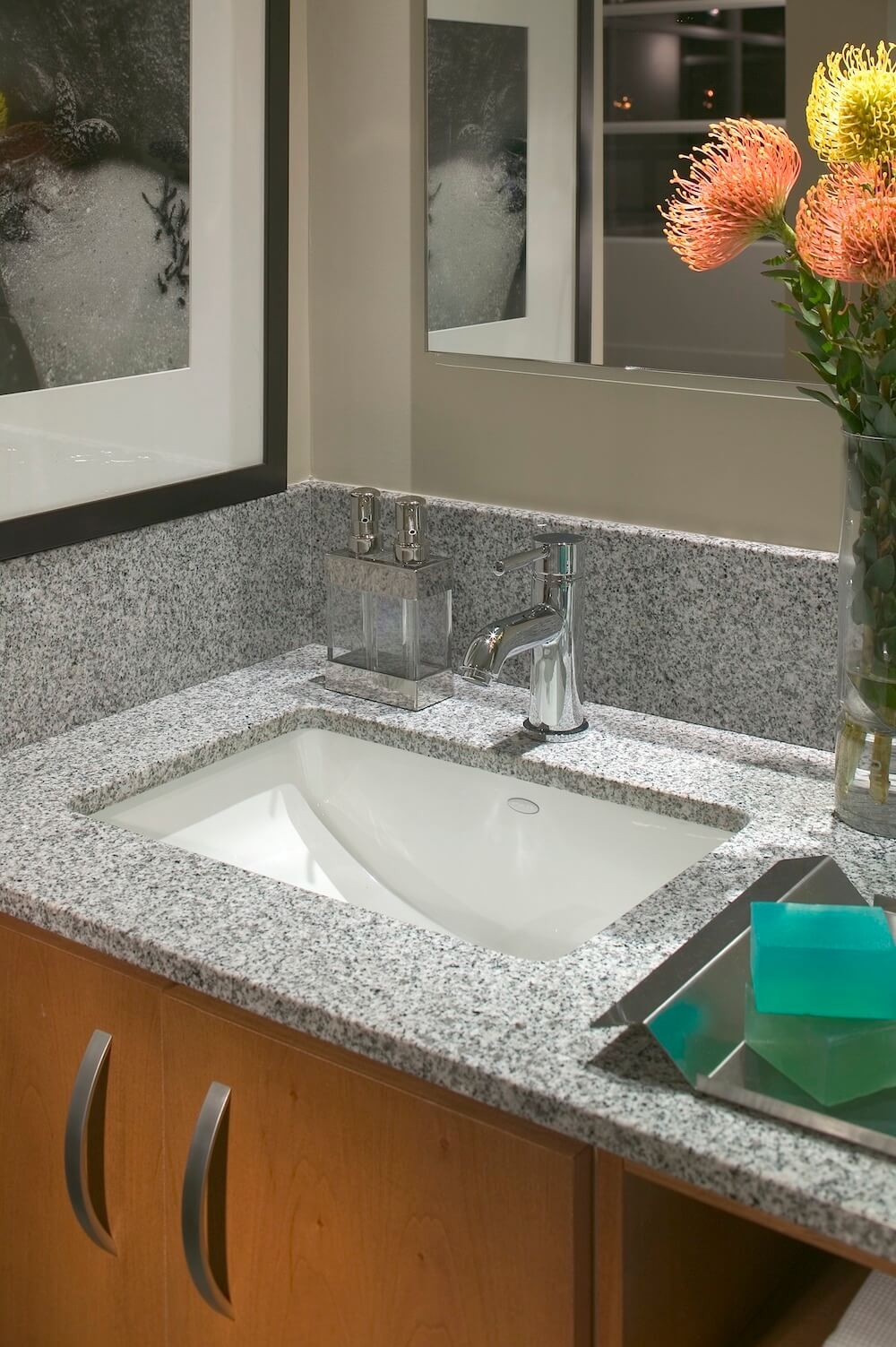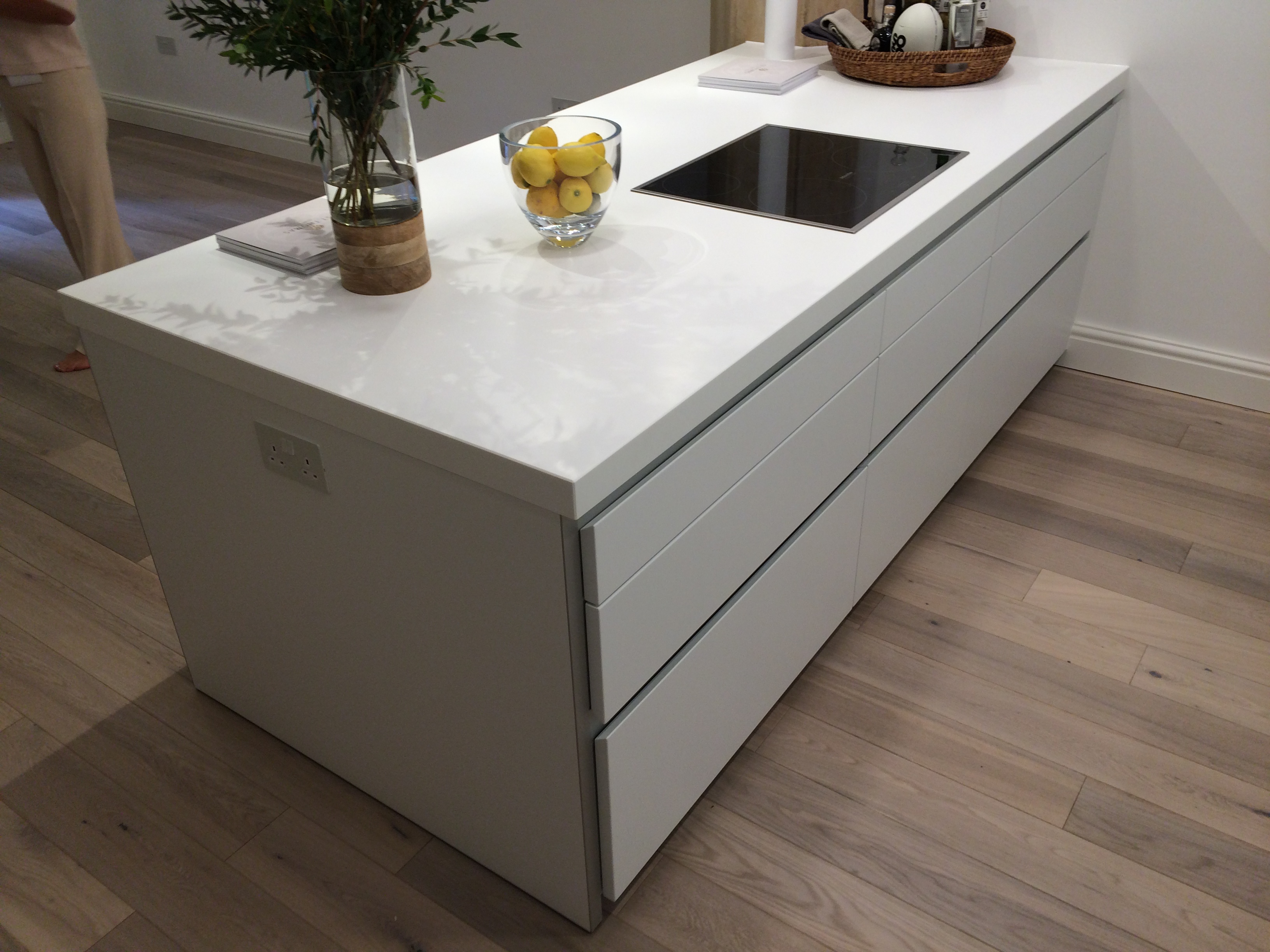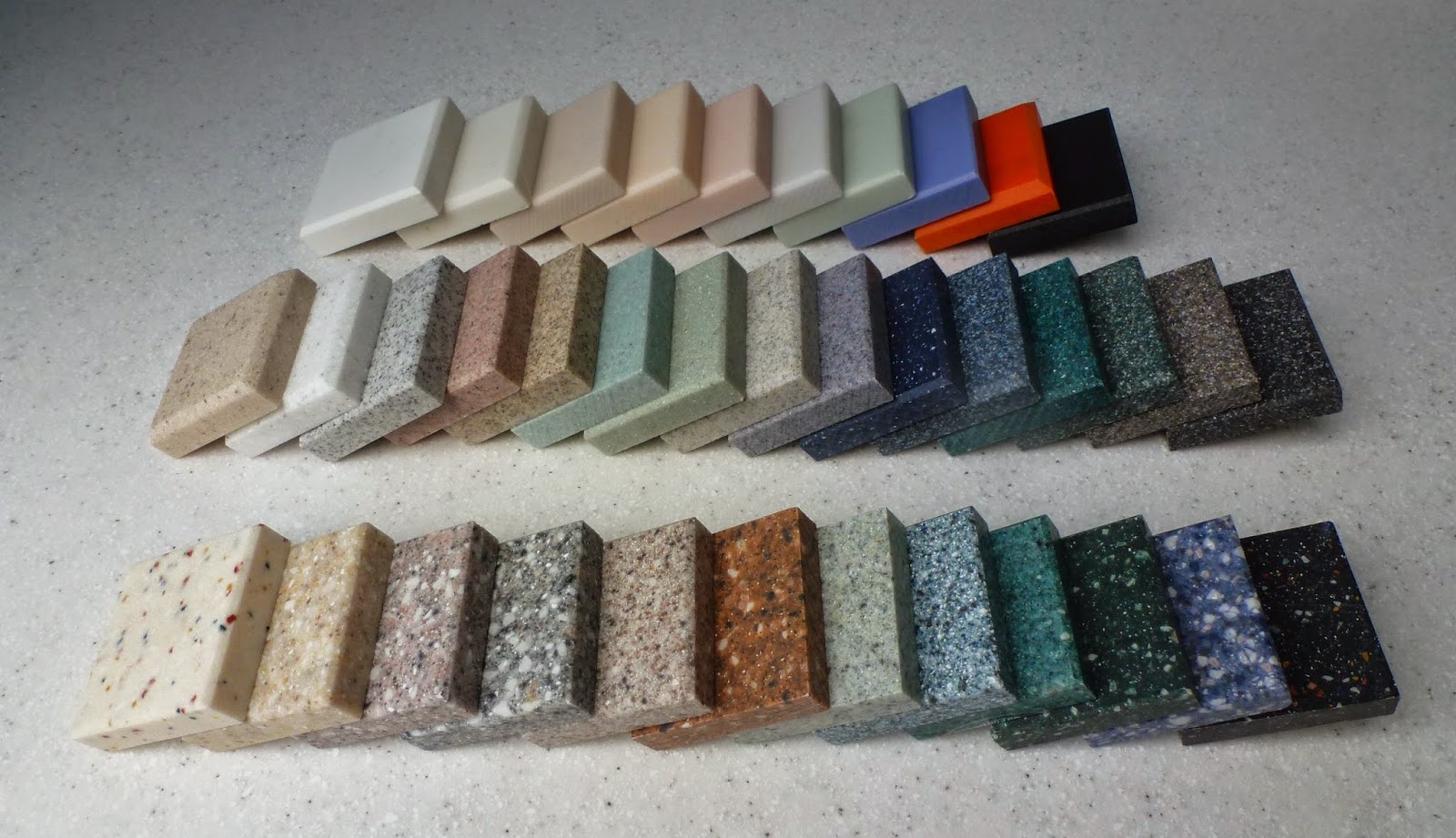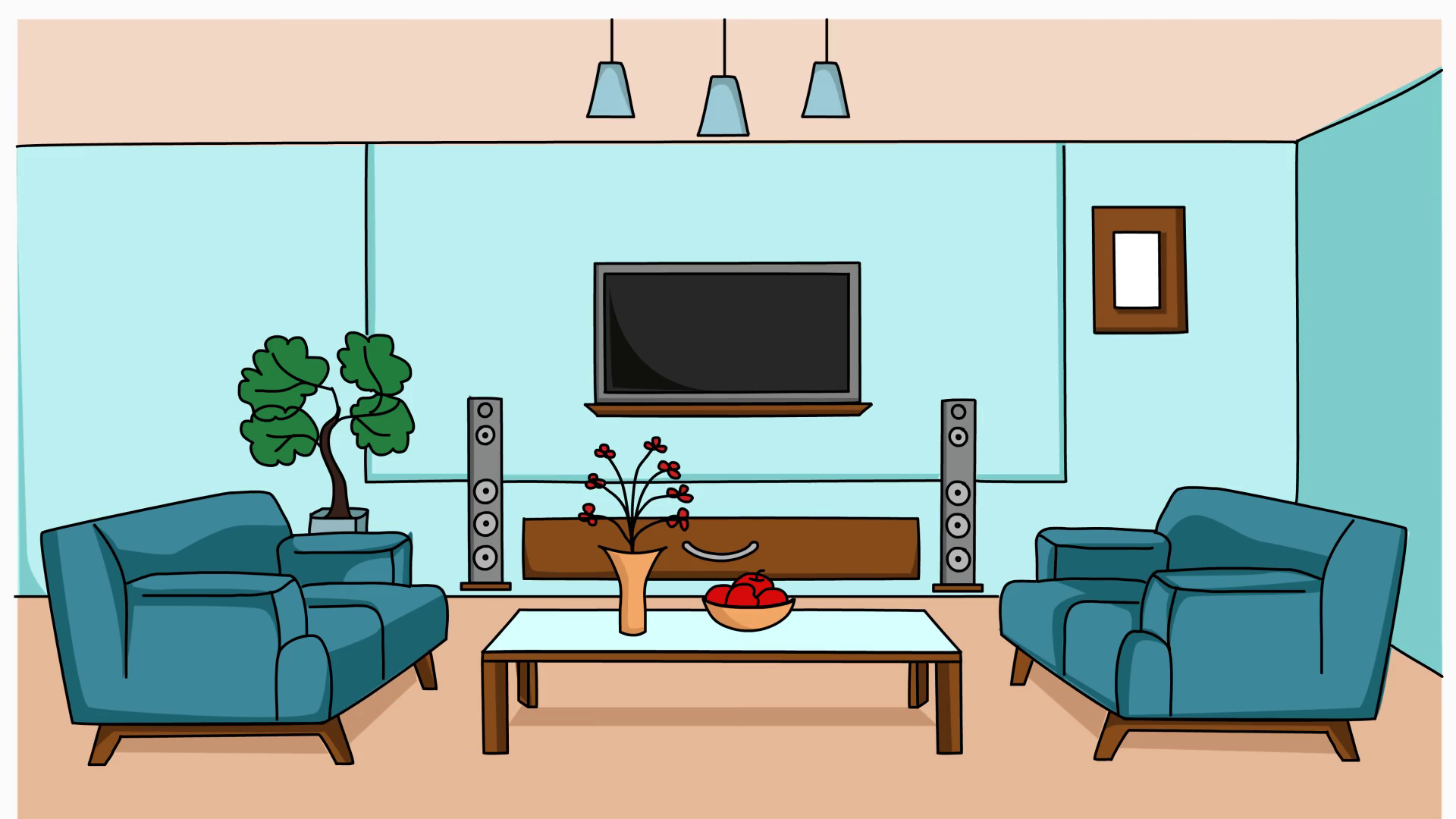Granite is a popular choice for kitchen tables because of its natural beauty and durability. It is a type of igneous rock that is formed from molten magma deep within the earth's crust. It is known for its unique patterns and colors, and each slab of granite is one-of-a-kind. This makes it a great choice for those looking for a unique and stylish kitchen table. In addition to its aesthetic appeal, granite is also extremely durable. It is resistant to scratches, stains, and heat, making it a practical choice for a kitchen table. It is also easy to clean and maintain, making it a low-maintenance option for busy households. However, granite can be quite expensive, and the installation process can be labor-intensive. It is also a porous material, so it may need to be sealed periodically to prevent stains and damage.Granite
Marble is another popular natural stone option for kitchen tables. It is known for its elegant and luxurious appearance, with its veining and color variations adding a touch of sophistication to any space. Like granite, marble is also a durable material that can withstand heat, scratches, and stains. It is also fairly easy to maintain, but it is important to note that it is more prone to etching and staining than granite. This is because it is a softer and more porous material. One downside of marble is its high cost, which can be a deterrent for some homeowners. It also requires regular sealing to protect it from damage.Marble
Quartz is a man-made material that has become increasingly popular for kitchen tables. It is made from natural quartz crystals combined with resins and pigments to create a durable and non-porous surface. One of the biggest advantages of quartz is its wide range of colors and patterns. It can mimic the look of natural stone or have a more modern and uniform appearance. It is also highly resistant to scratches, stains, and heat, making it a practical choice for a busy kitchen. On the downside, quartz can be quite expensive, and it is not as heat-resistant as granite or marble. It is also not recommended to use harsh chemicals on it, as it can cause discoloration.Quartz
Butcher block is a type of wood countertop that is commonly used for kitchen tables. It is made from strips of wood that are glued together to create a sturdy and durable surface. The warm and natural look of butcher block makes it a popular choice for farmhouse and rustic-style kitchens. It is also relatively affordable compared to other materials on this list. However, butcher block does require regular maintenance, including oiling and sanding, to keep it in good condition. It is also not as resistant to scratches and heat as other materials, so it may not be the best choice for a high-traffic kitchen.Butcher Block
Laminate is a synthetic material made from layers of paper or plastic bonded together with resin. It is then topped with a clear layer that gives it a smooth and durable finish. One of the biggest advantages of laminate is its affordability. It is one of the most budget-friendly options for kitchen tables, making it a popular choice for those on a tight budget. It also comes in a wide range of colors and patterns, making it easy to find a design that suits your style. However, laminate is not as durable as other materials and can be prone to scratches and chips. It is also not heat-resistant, so it is important to use trivets or hot pads to protect the surface.Laminate
Concrete may not be the first material that comes to mind when thinking of kitchen tables, but it is gaining popularity for its modern and industrial look. It is made from a mix of cement, water, and aggregates, and can be poured into any shape or size. One of the advantages of concrete is its strength and durability. It can withstand heat, scratches, and stains, making it a practical choice for a kitchen table. It is also a versatile material, as it can be customized with different colors and textures. On the downside, concrete can be quite heavy and may require additional support to hold its weight. It also needs to be sealed regularly to prevent staining and damage.Concrete
Tile is another budget-friendly option for kitchen tables. It is made from a variety of materials, such as ceramic, porcelain, or natural stone, and comes in a wide range of colors and patterns. The biggest advantage of tile is its versatility. It can be customized to suit any style, from traditional to modern. It is also easy to clean and maintain, and individual tiles can be replaced if they become damaged. However, tile can be prone to cracking and chipping, especially if heavy objects are dropped on it. It is also not as heat-resistant as other materials, so it is important to use trivets or hot pads to protect the surface.Tile
Stainless steel is a popular choice for commercial kitchens, but it is also gaining popularity in residential kitchens. It is a durable and heat-resistant material that is easy to clean and maintain. The sleek and modern look of stainless steel makes it a great choice for contemporary or industrial-style kitchens. It is also non-porous, making it resistant to stains and bacteria. However, stainless steel can be prone to scratches and fingerprints, so it may require regular cleaning to keep it looking its best. It is also a more expensive option compared to other materials on this list.Stainless Steel
Glass is a unique and modern choice for a kitchen table. It can be made from tempered glass, which is heat-treated for added strength, or laminated glass, which is made by bonding different layers of glass together. One of the biggest advantages of glass is its ability to make a small space appear larger and more open. It is also a non-porous material, making it easy to clean and maintain. It is also resistant to heat and scratches. However, glass can be fragile and may not be the best choice for households with young children. It can also be prone to smudges and fingerprints, so regular cleaning may be required to keep it looking its best.Glass
Corian is a brand of solid surface material that is made from a combination of mineral powder and acrylic resin. It is known for its seamless appearance and can be custom-made to fit any kitchen table size. The non-porous and stain-resistant properties of Corian make it a practical choice for a kitchen table. It is also available in a wide range of colors and patterns, making it easy to find a design that suits your style. On the downside, Corian can be quite expensive, and it may require professional installation. It is also not as heat-resistant as other materials, so it is important to use trivets or hot pads to protect the surface.Corian
Choosing the Best Surface for Your Kitchen Table
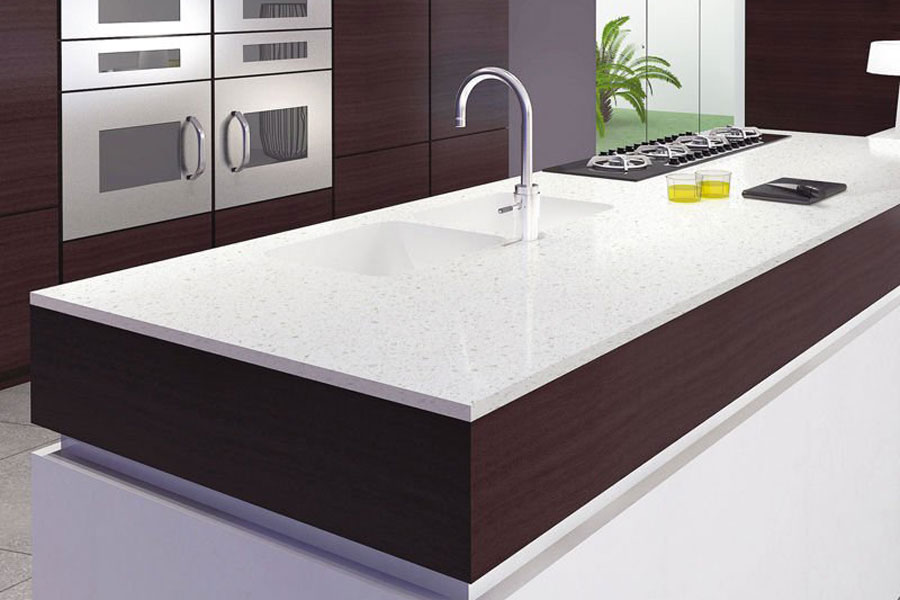
Factors to Consider
 When it comes to designing your kitchen,
choosing the right surface for your kitchen table is crucial
. The kitchen table is not only a functional piece of furniture but also a centerpiece of your kitchen design. It is where you prepare and enjoy your meals, spend quality time with your family, and entertain guests. Therefore, it is important to carefully consider the following factors when selecting the best surface for your kitchen table.
When it comes to designing your kitchen,
choosing the right surface for your kitchen table is crucial
. The kitchen table is not only a functional piece of furniture but also a centerpiece of your kitchen design. It is where you prepare and enjoy your meals, spend quality time with your family, and entertain guests. Therefore, it is important to carefully consider the following factors when selecting the best surface for your kitchen table.
Durability
 One of the primary factors to consider when choosing a surface for your kitchen table is durability
. The kitchen is a high-traffic area, and the table is subject to spills, stains, and scratches on a daily basis.
Opt for a surface that is resistant to stains, scratches, and heat
, such as granite, quartz, or solid surface materials. These surfaces are not only durable but also easy to maintain, making them ideal for busy kitchens.
One of the primary factors to consider when choosing a surface for your kitchen table is durability
. The kitchen is a high-traffic area, and the table is subject to spills, stains, and scratches on a daily basis.
Opt for a surface that is resistant to stains, scratches, and heat
, such as granite, quartz, or solid surface materials. These surfaces are not only durable but also easy to maintain, making them ideal for busy kitchens.
Style and Aesthetics
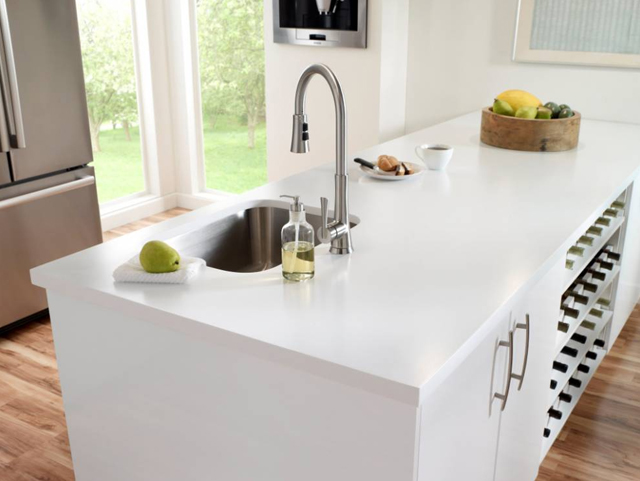 The kitchen table is a prominent feature in your kitchen
, and its surface should complement the overall style and aesthetics of the space. Consider the color and texture of your kitchen cabinets, flooring, and other elements when choosing the surface for your kitchen table.
If you want a classic and elegant look, opt for a marble or granite surface
. For a more modern and sleek design, consider a quartz or solid surface material.
The kitchen table is a prominent feature in your kitchen
, and its surface should complement the overall style and aesthetics of the space. Consider the color and texture of your kitchen cabinets, flooring, and other elements when choosing the surface for your kitchen table.
If you want a classic and elegant look, opt for a marble or granite surface
. For a more modern and sleek design, consider a quartz or solid surface material.
Budget
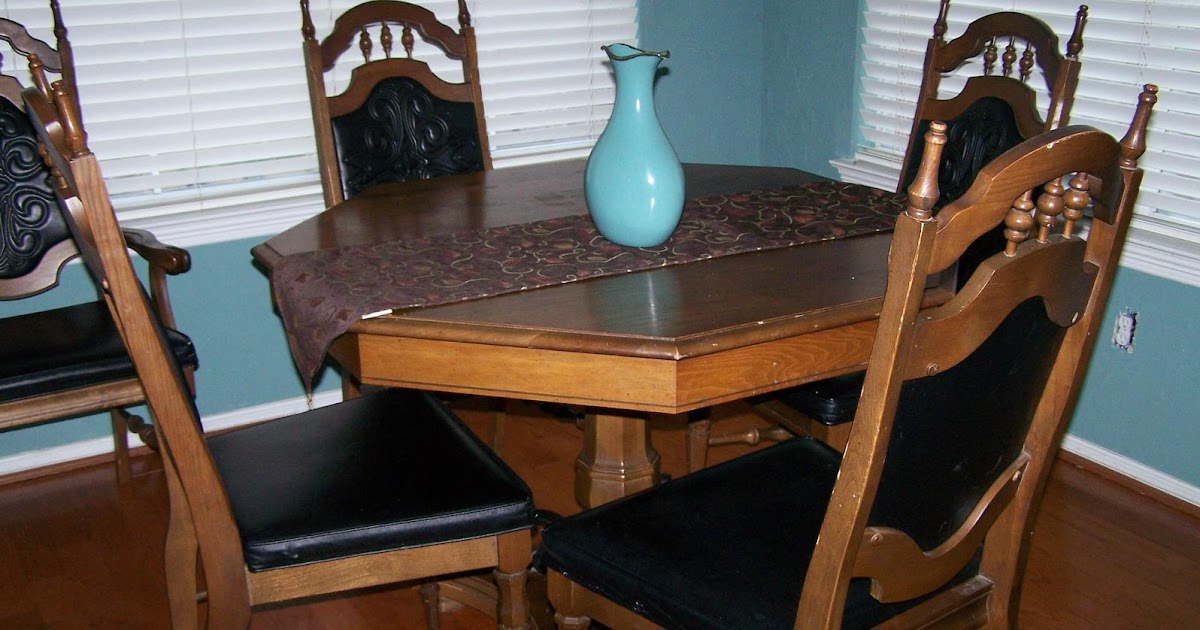 Budget is an important consideration when it comes to choosing the best surface for your kitchen table
. While natural stone surfaces like granite and marble may be more expensive, they are also highly durable and will last for years to come. On the other hand, materials like laminate or wood may be more budget-friendly but may not be as durable in the long run. Consider your budget and the long-term value of the surface when making your decision.
Budget is an important consideration when it comes to choosing the best surface for your kitchen table
. While natural stone surfaces like granite and marble may be more expensive, they are also highly durable and will last for years to come. On the other hand, materials like laminate or wood may be more budget-friendly but may not be as durable in the long run. Consider your budget and the long-term value of the surface when making your decision.
Conclusion
 In conclusion,
choosing the best surface for your kitchen table is a crucial aspect of kitchen design
. Consider the durability, style, and budget when making your decision and
opt for a surface that not only looks great but can also withstand the daily wear and tear of a busy kitchen
. With the right surface, your kitchen table will not only be a functional piece of furniture but also a beautiful centerpiece of your kitchen design.
In conclusion,
choosing the best surface for your kitchen table is a crucial aspect of kitchen design
. Consider the durability, style, and budget when making your decision and
opt for a surface that not only looks great but can also withstand the daily wear and tear of a busy kitchen
. With the right surface, your kitchen table will not only be a functional piece of furniture but also a beautiful centerpiece of your kitchen design.
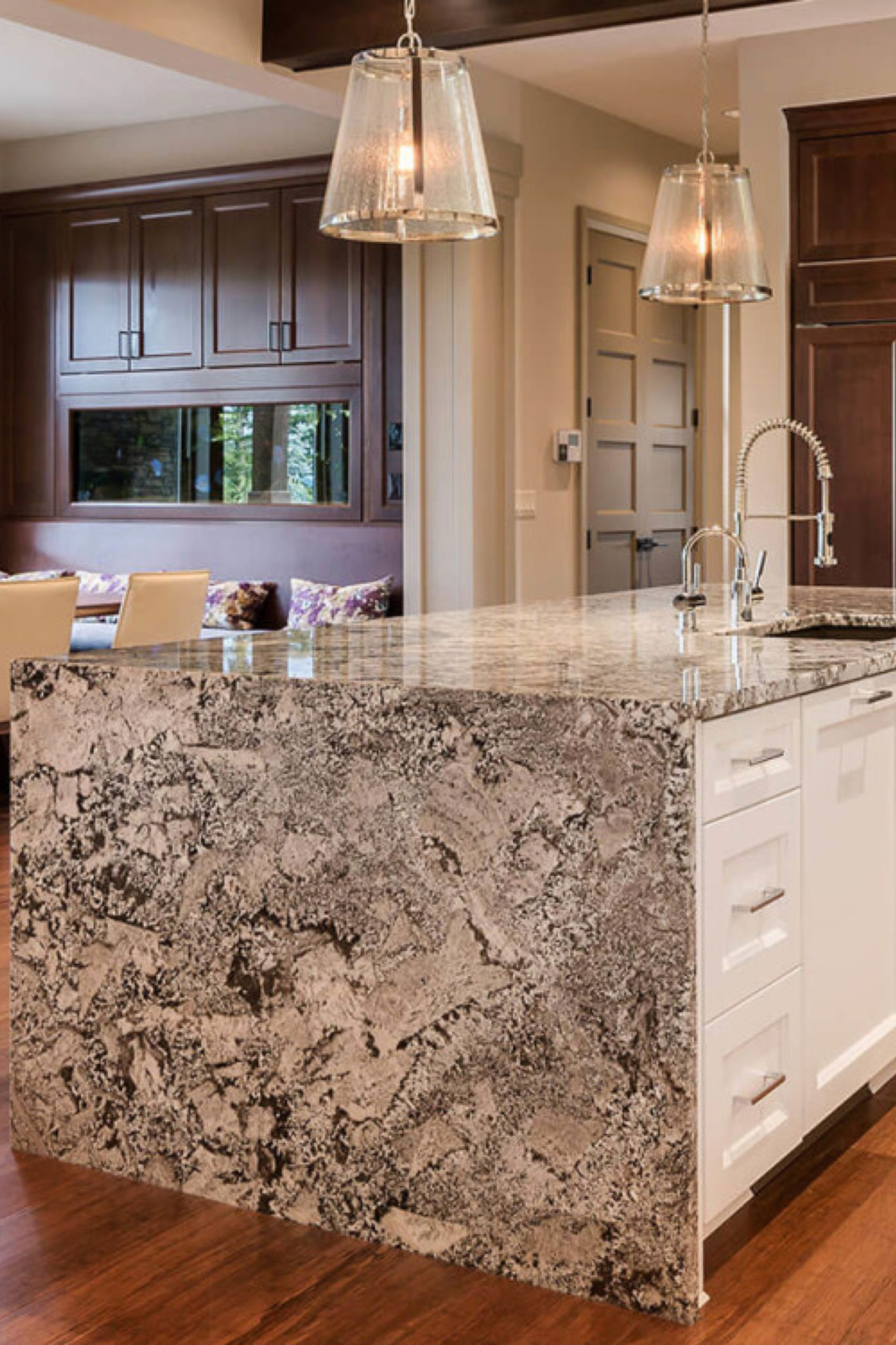



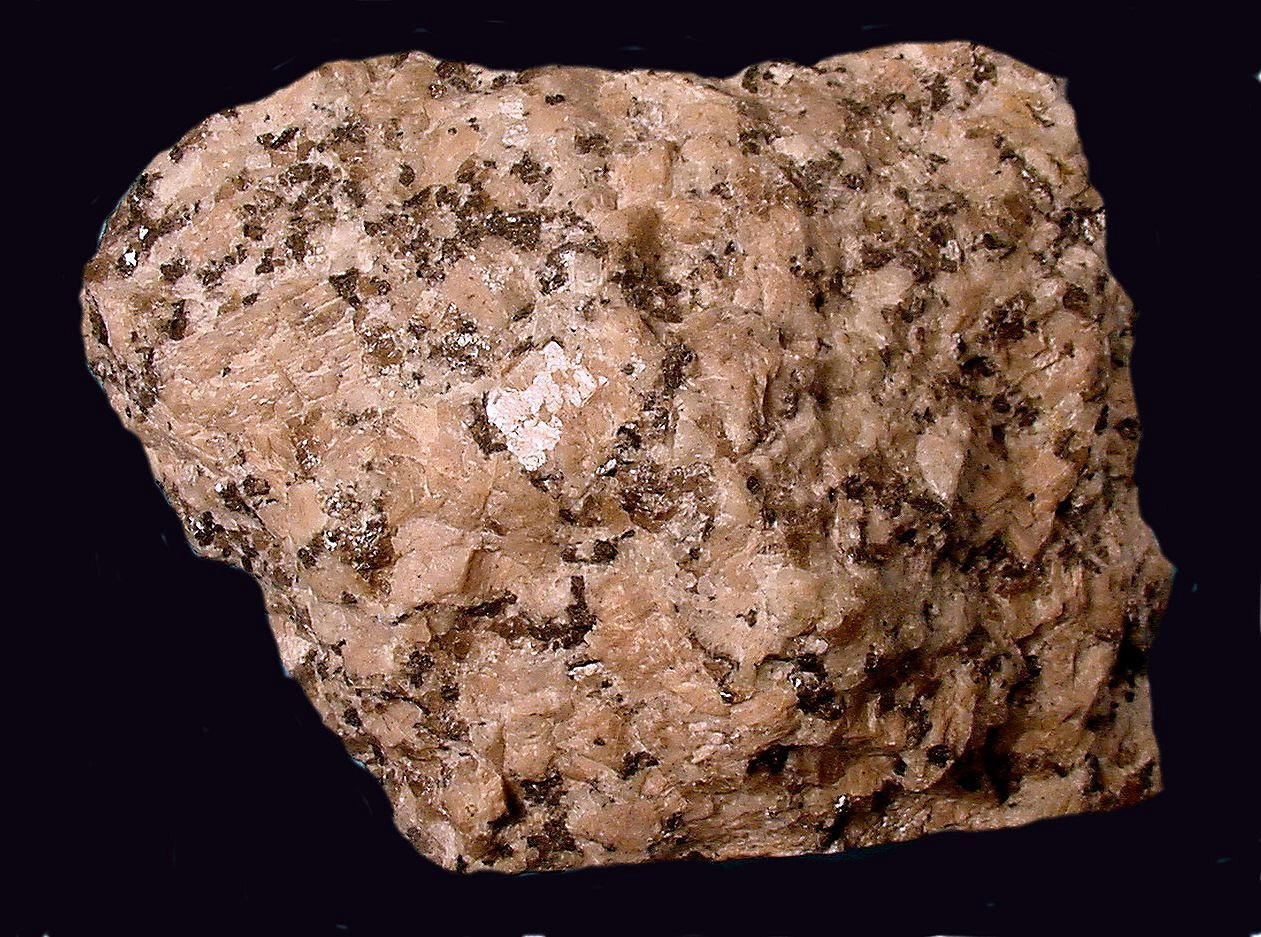


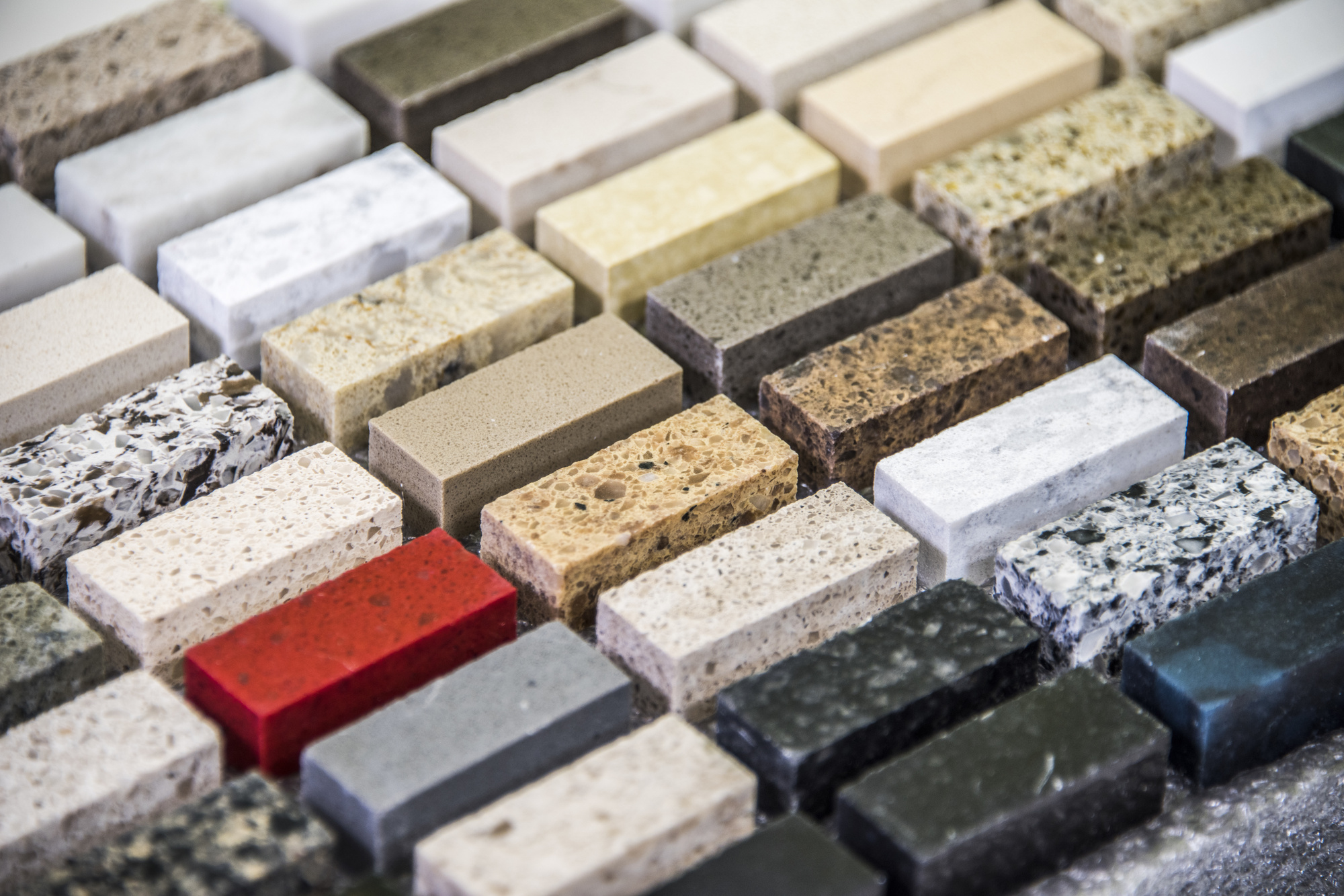
/Granite-Countertop-58c568523df78c353cfebca3.jpg)



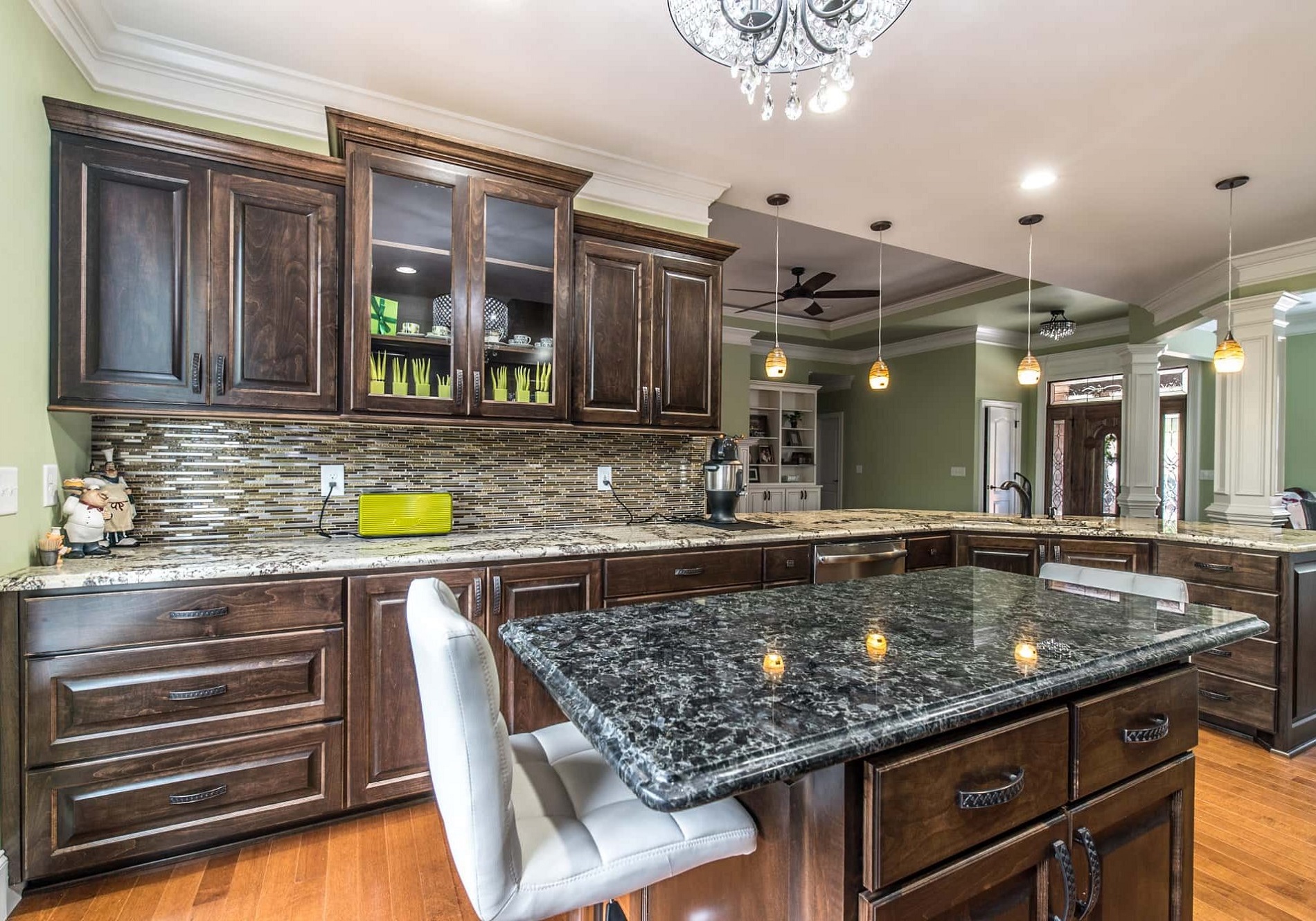
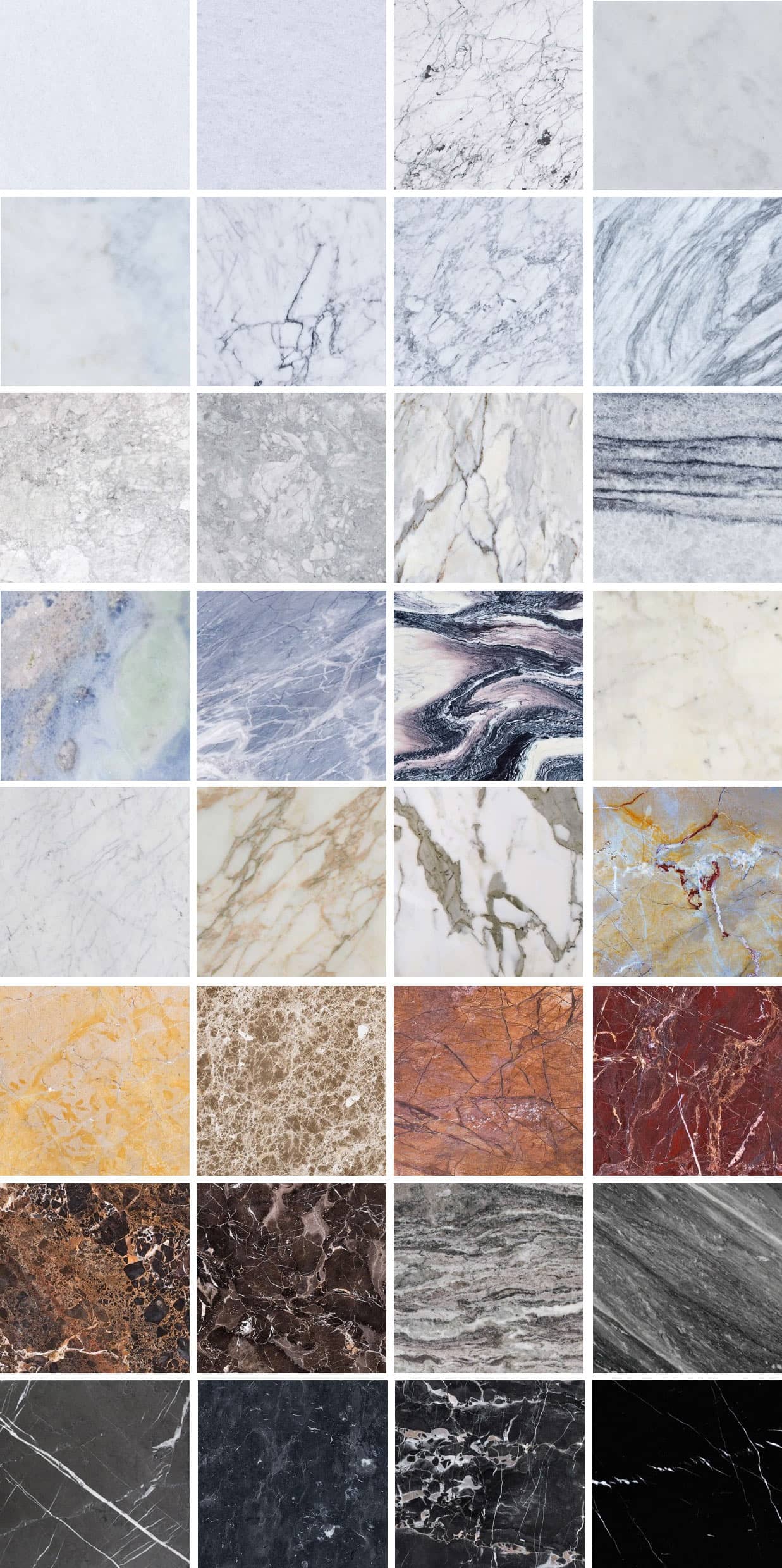

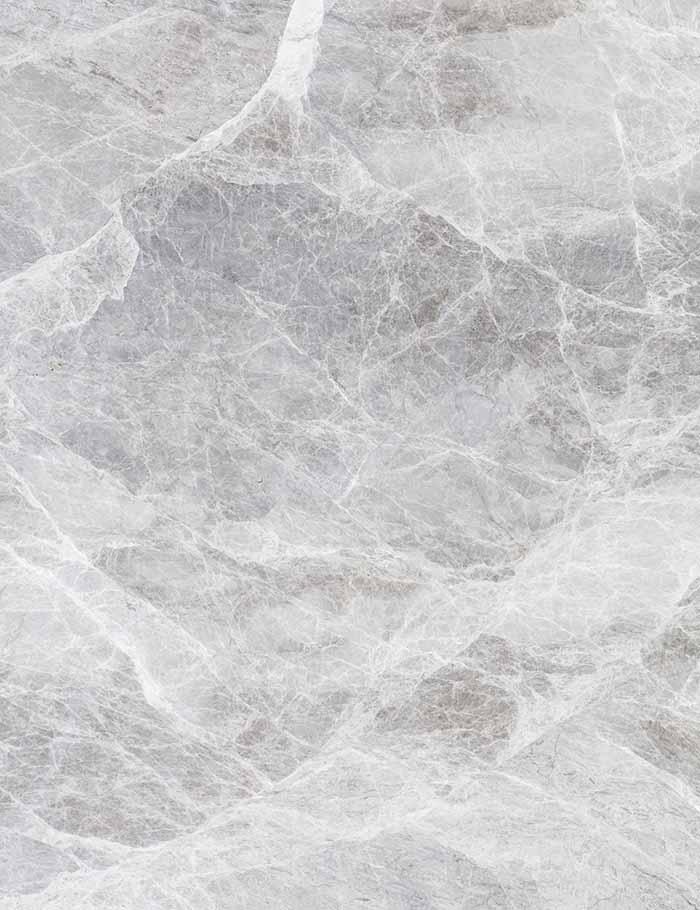
/marble-941374788-5b16eaa4fa6bcc00369692c7.jpg)
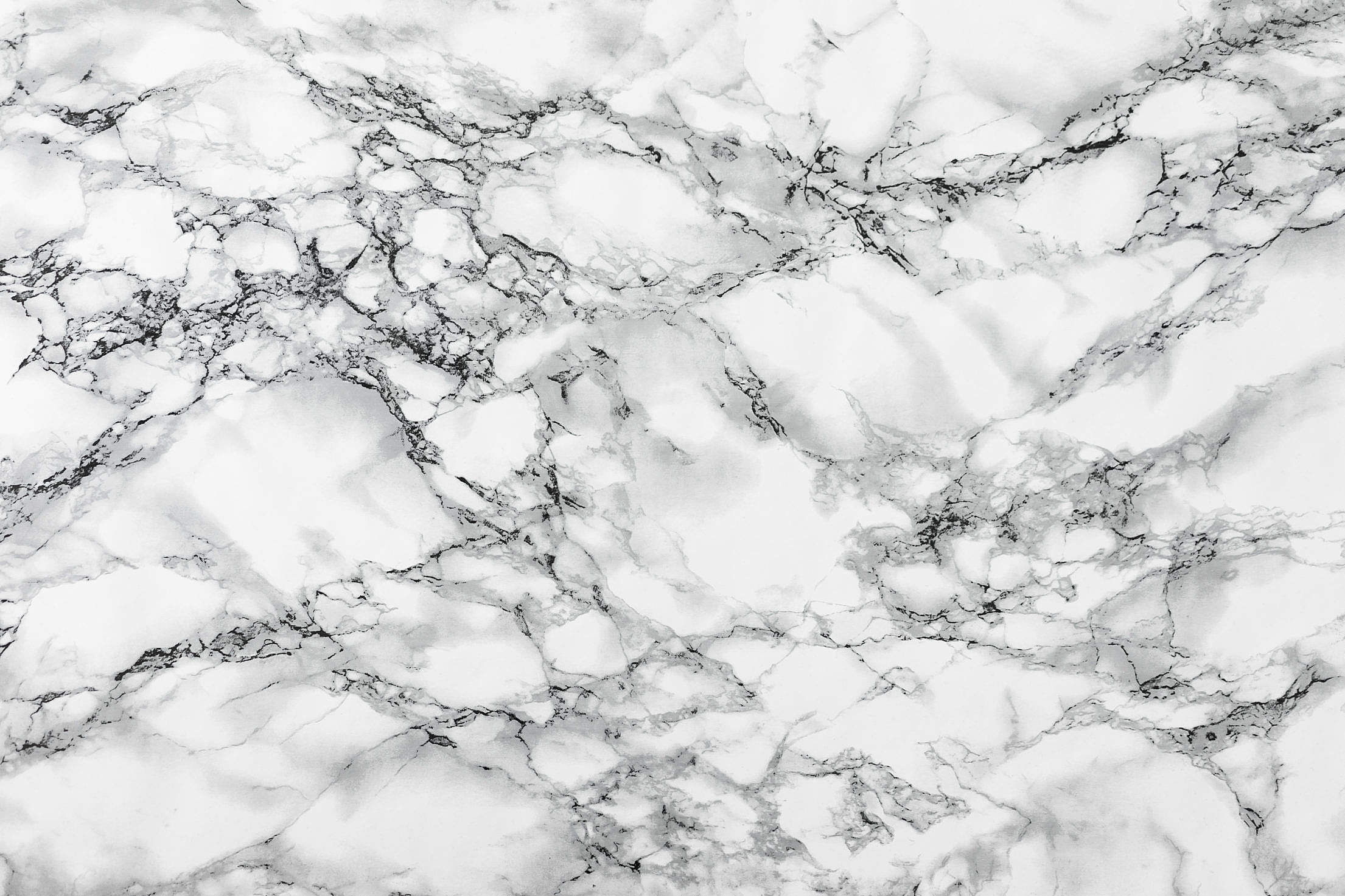
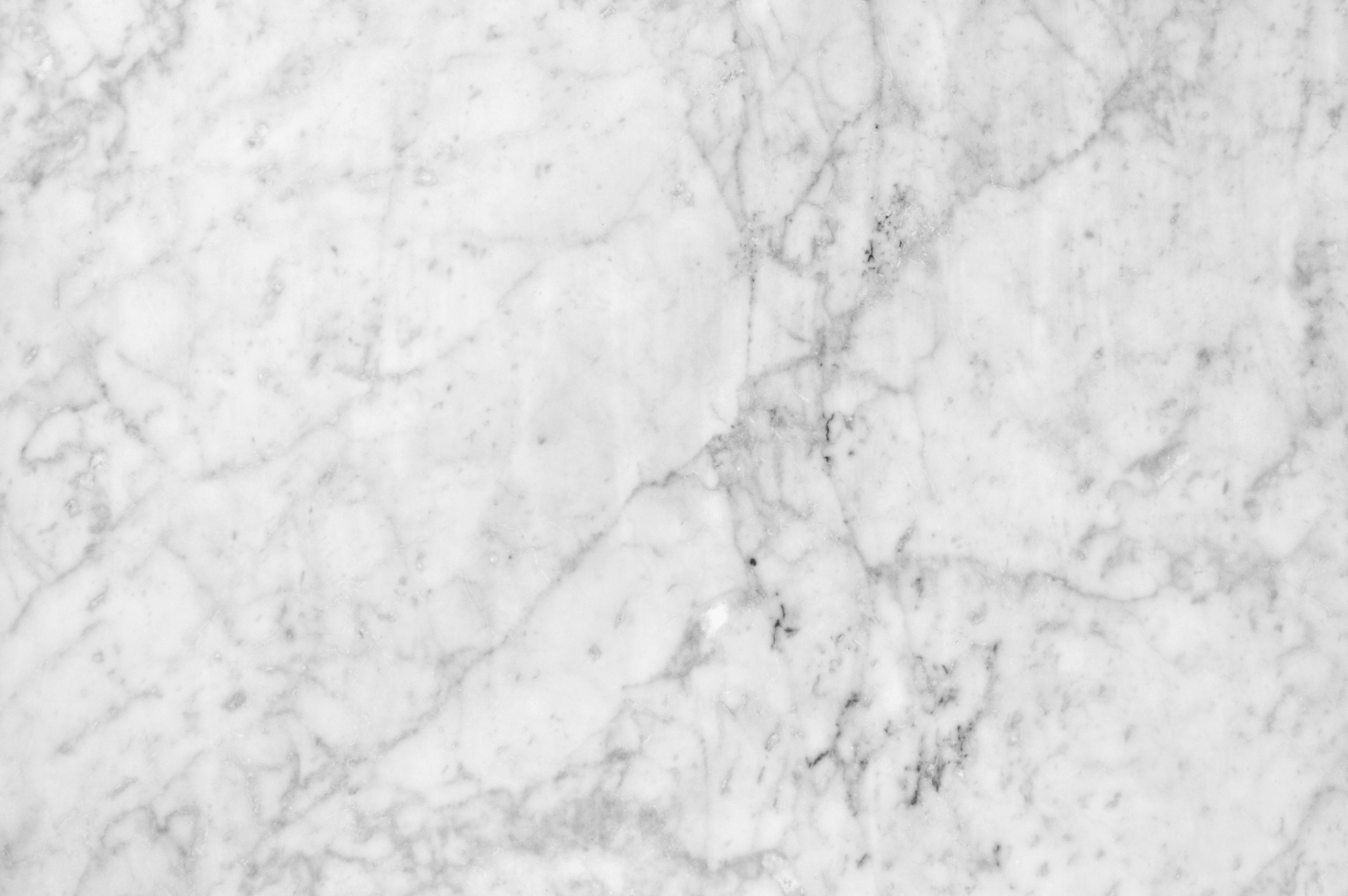

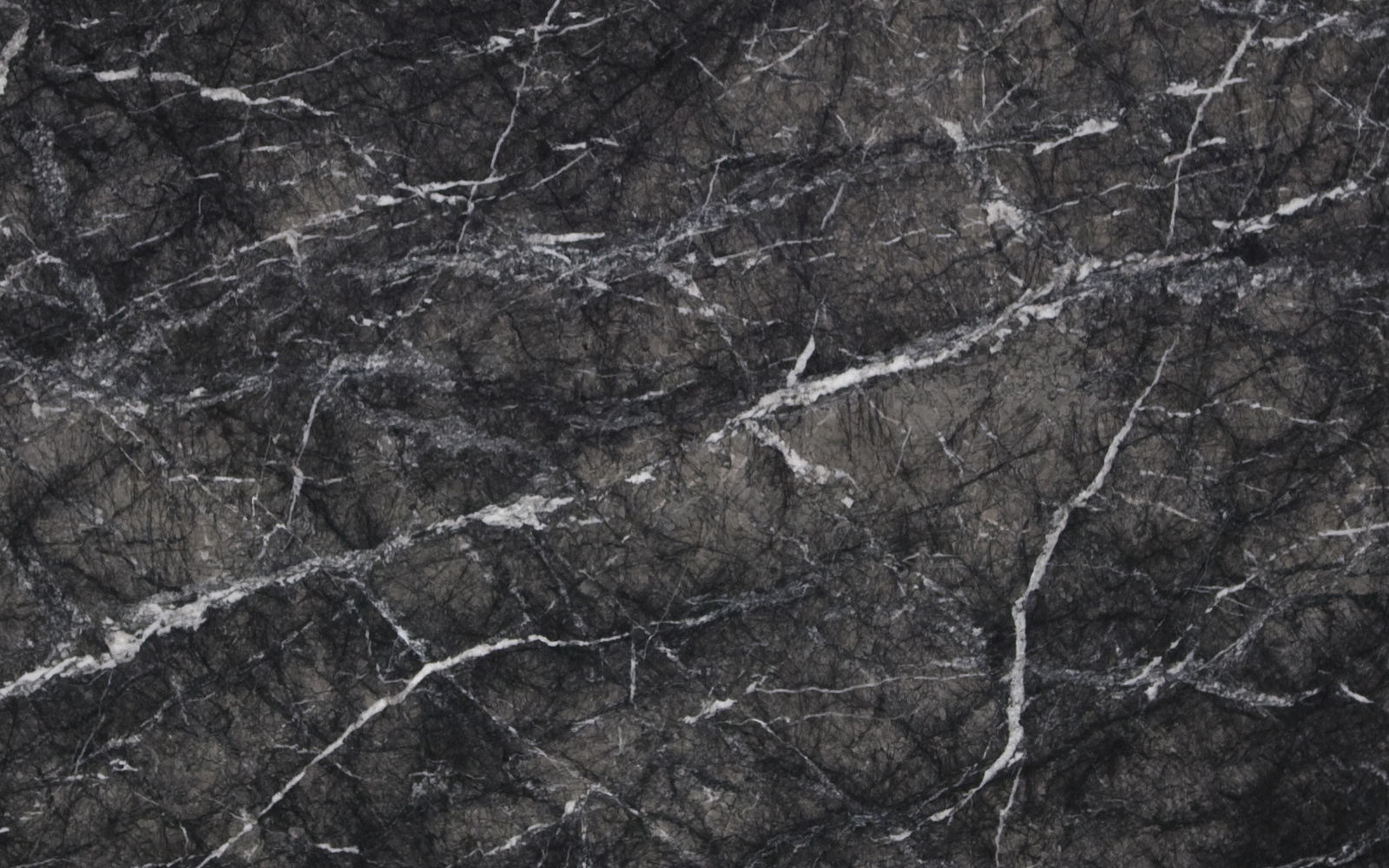

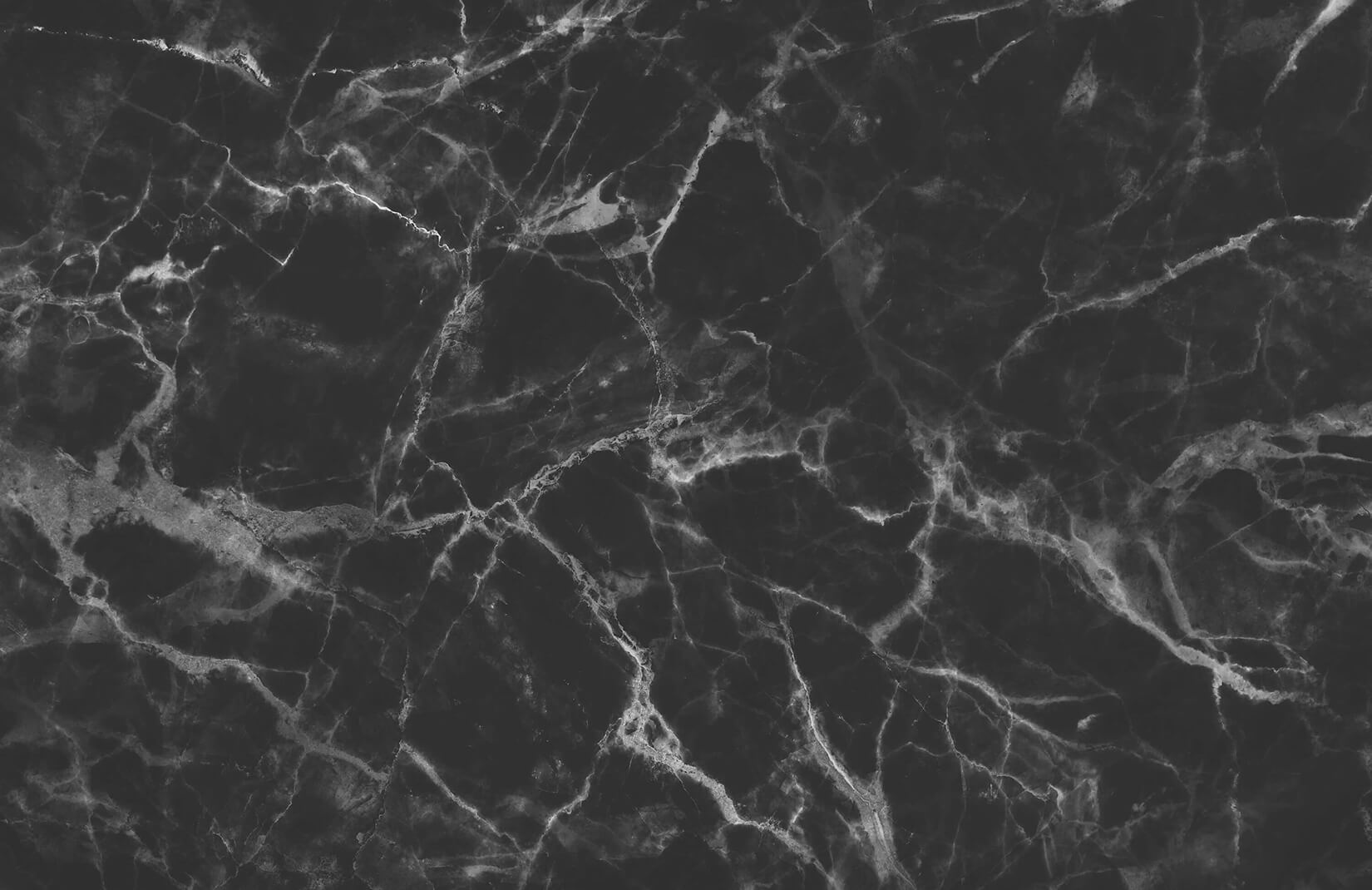
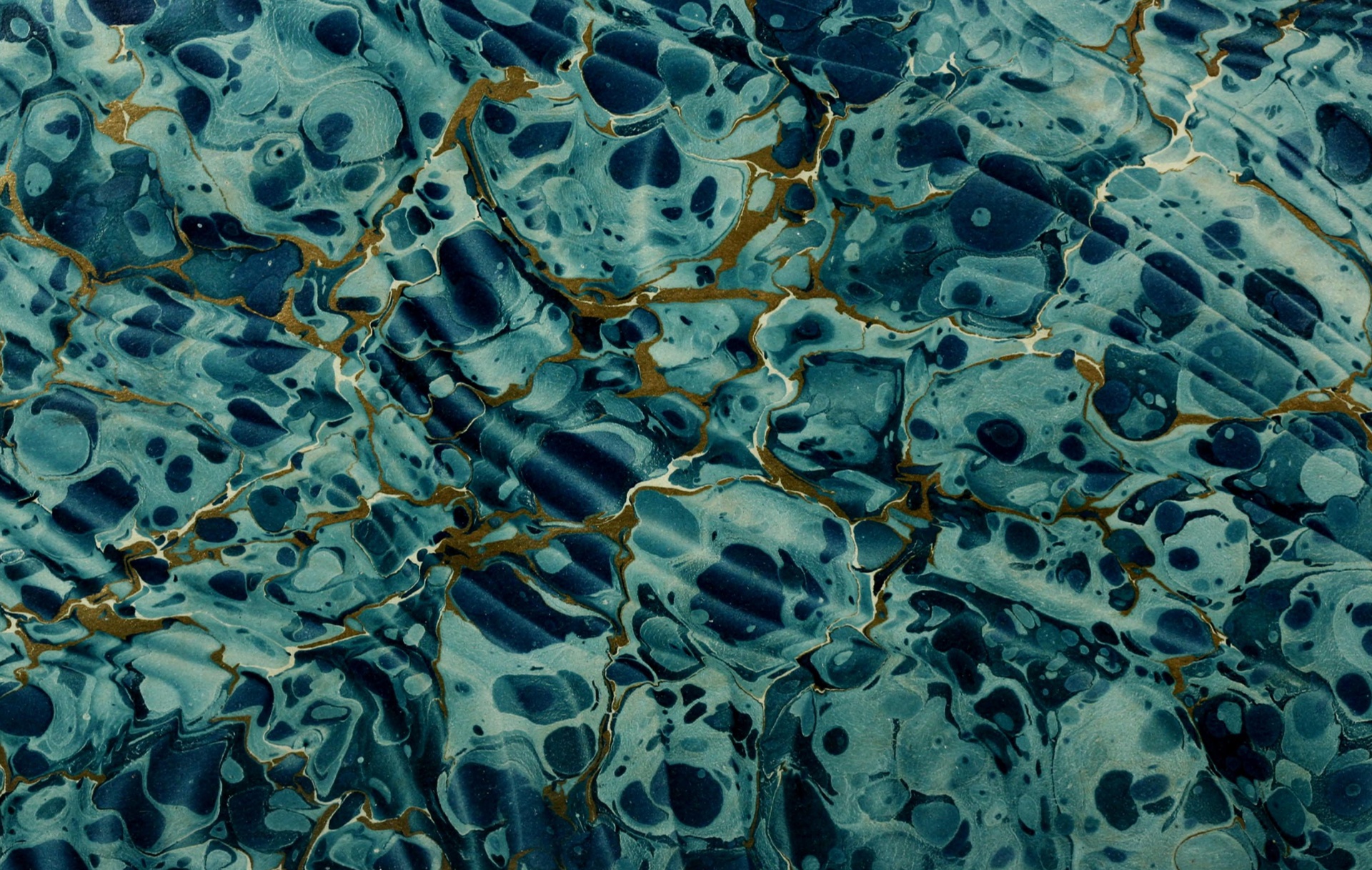


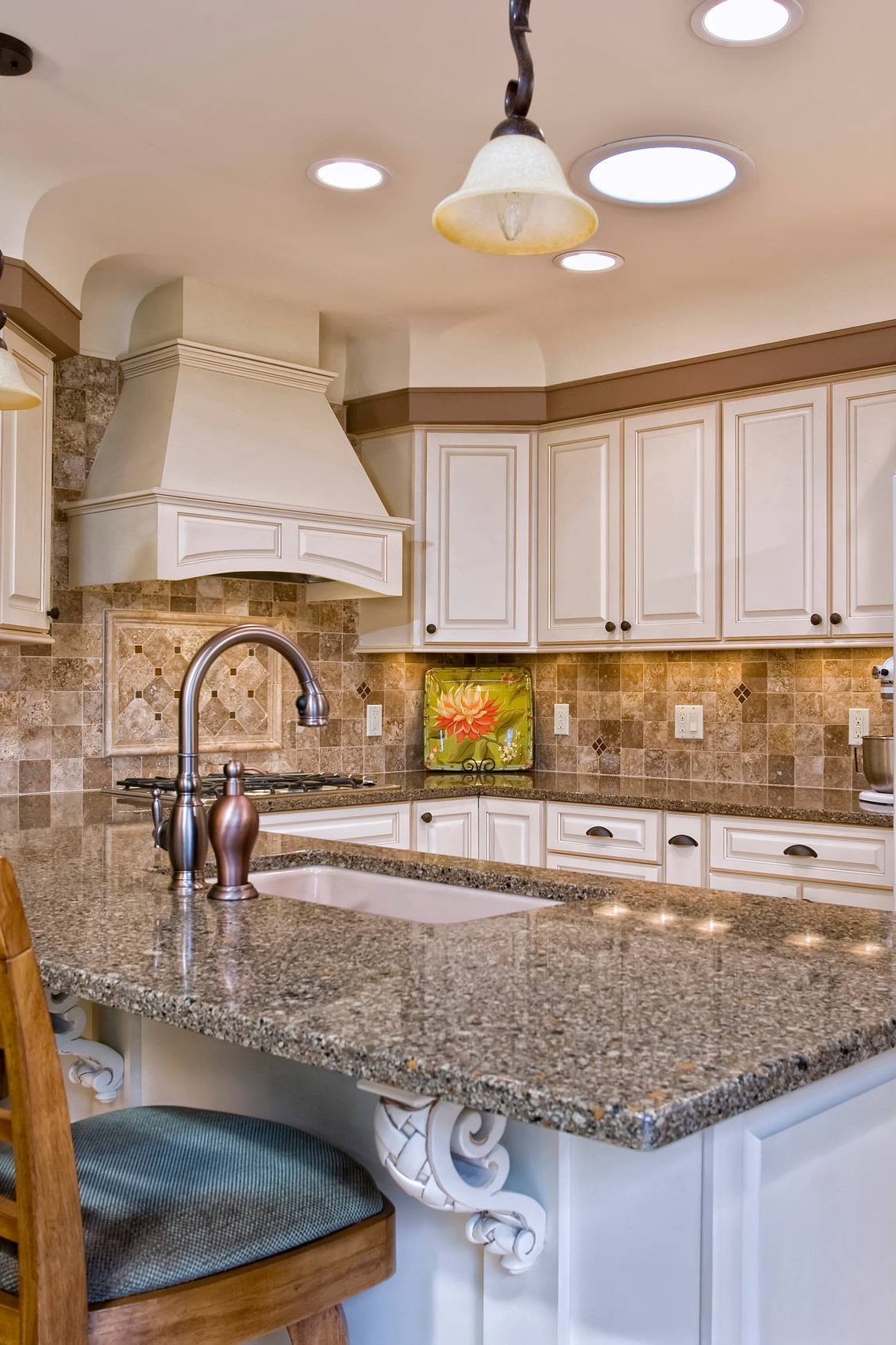

.jpg)
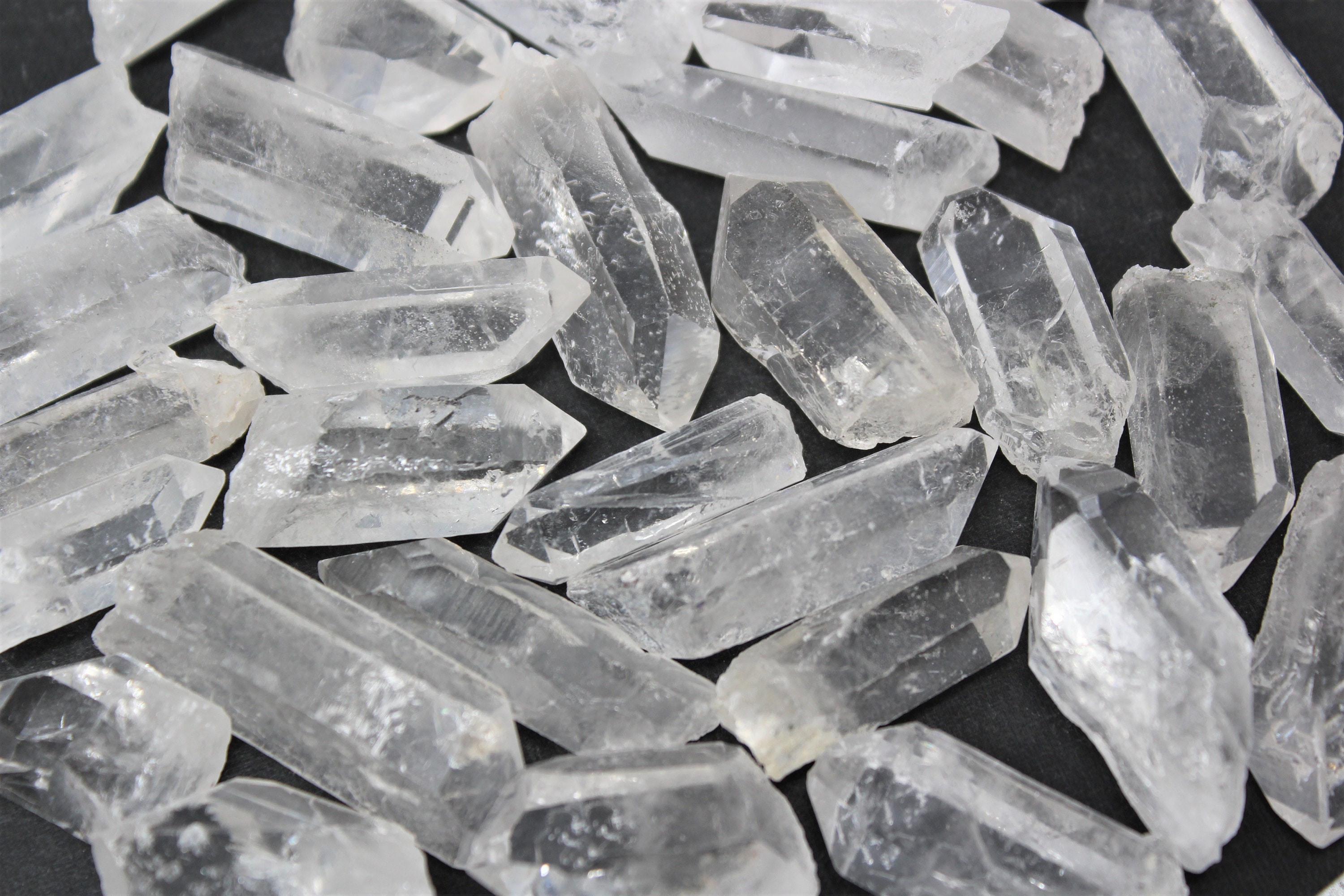
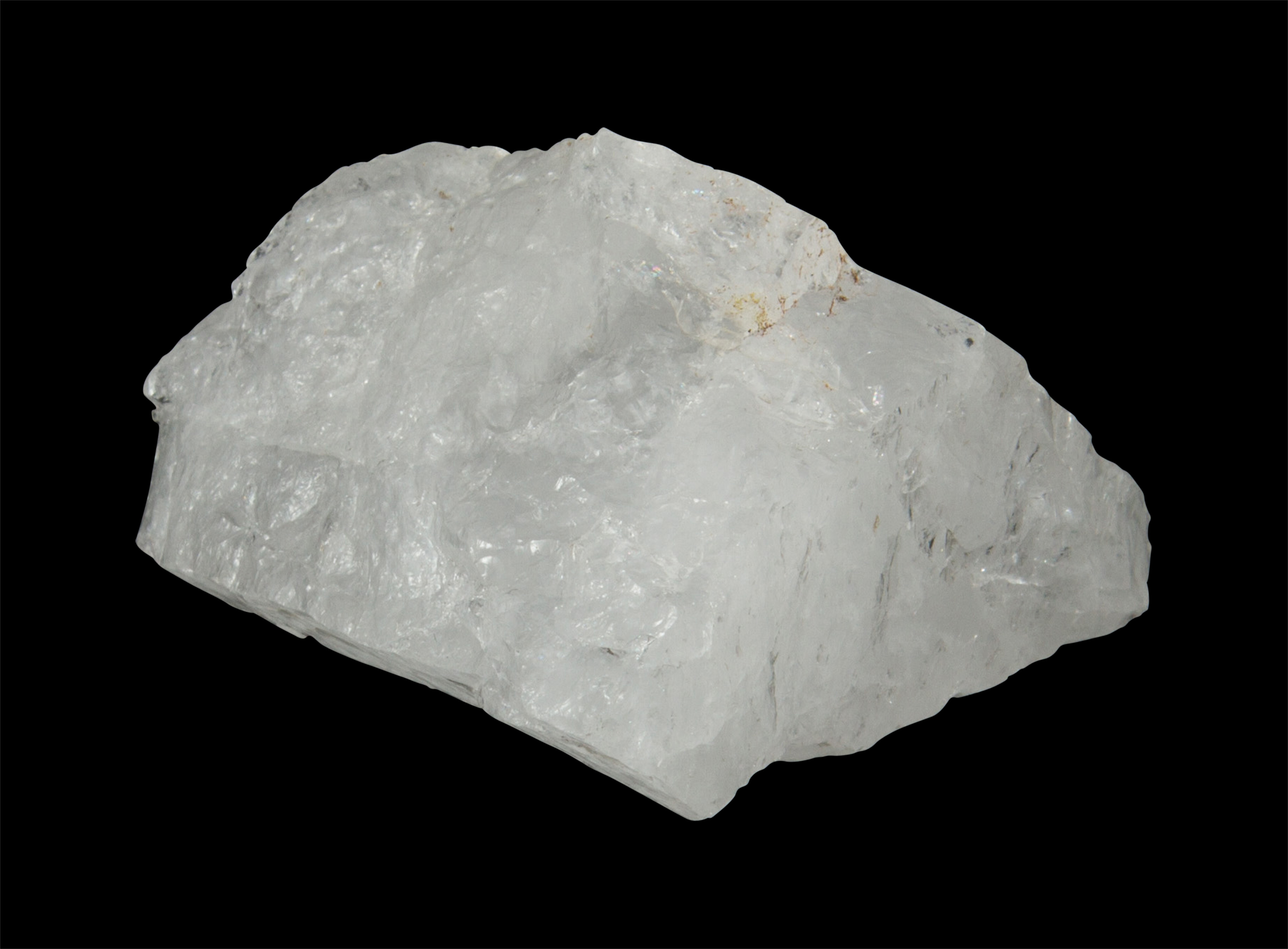
/quartzite-crystal-mineral-sample-studio-shot-with-black-background-972333846-5c7e6525c9e77c0001d19dda.jpg)
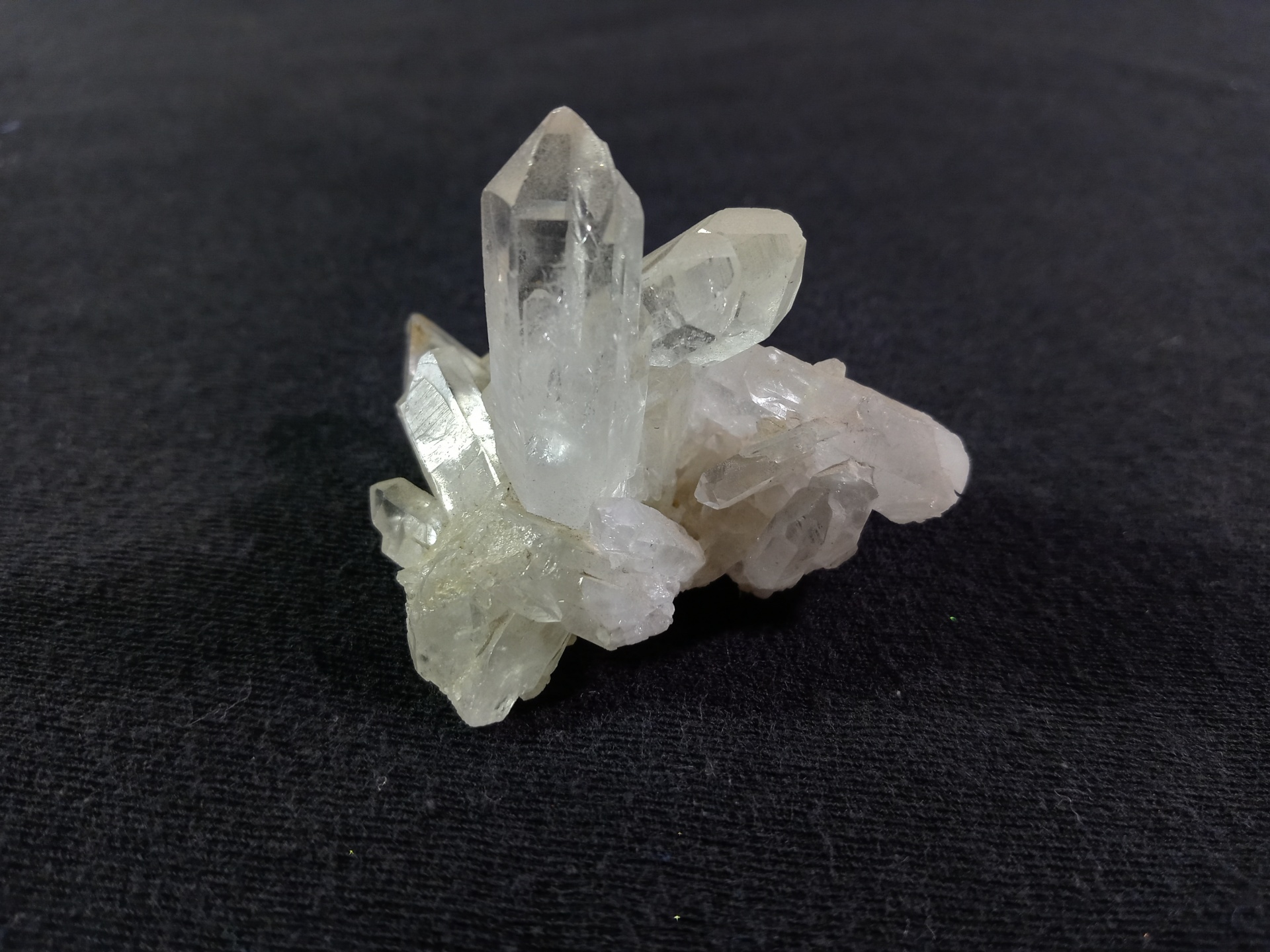
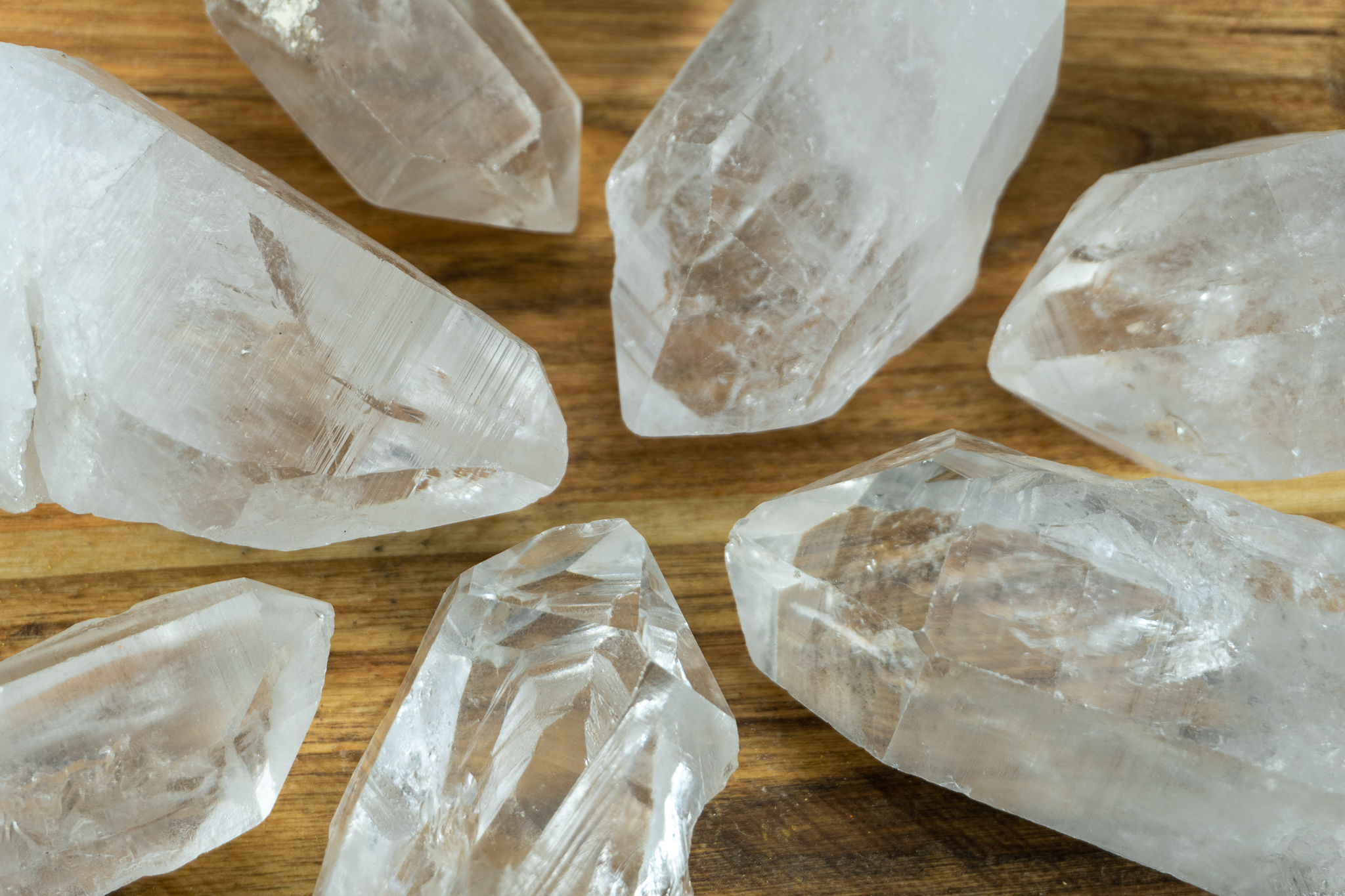
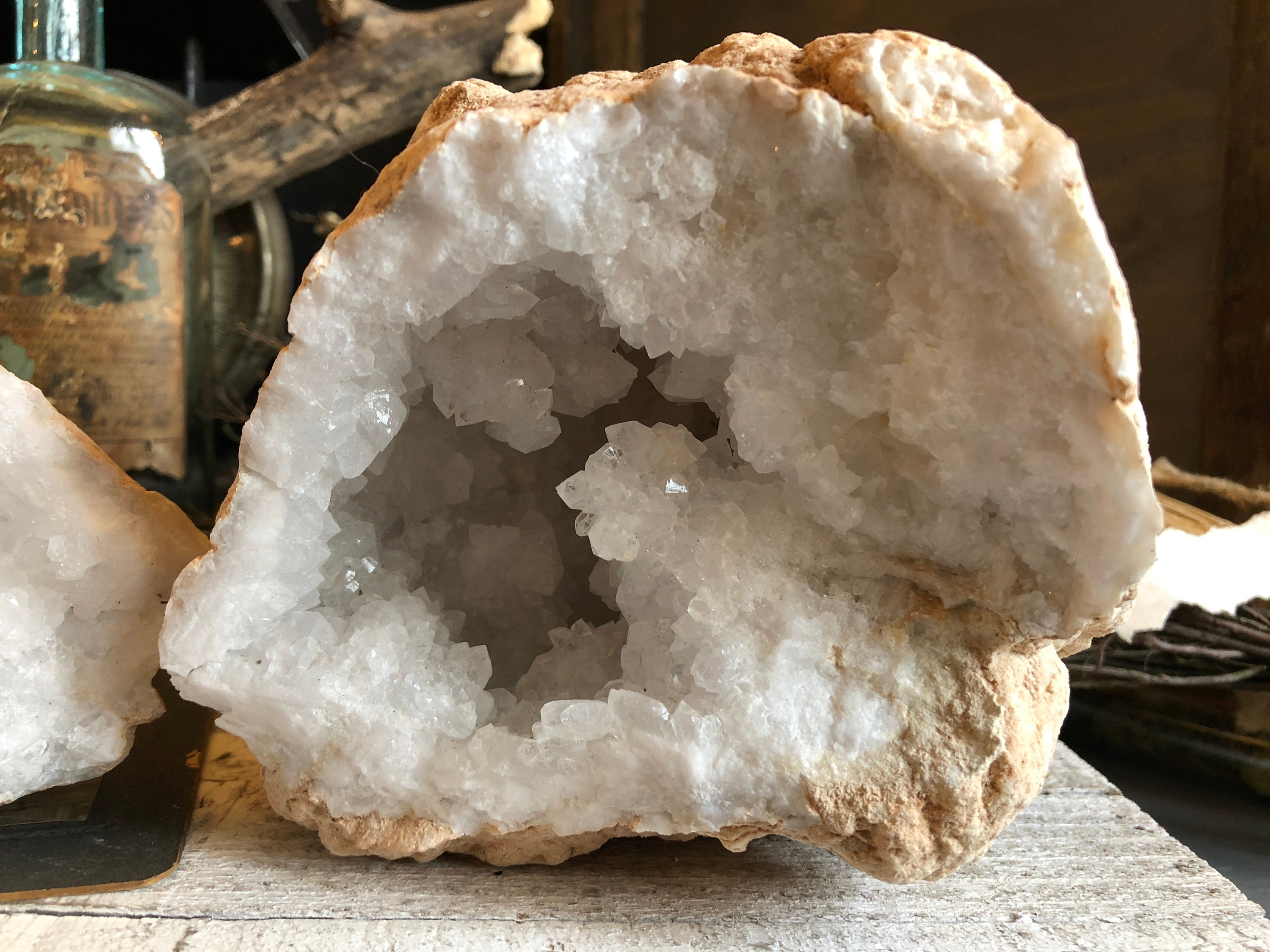
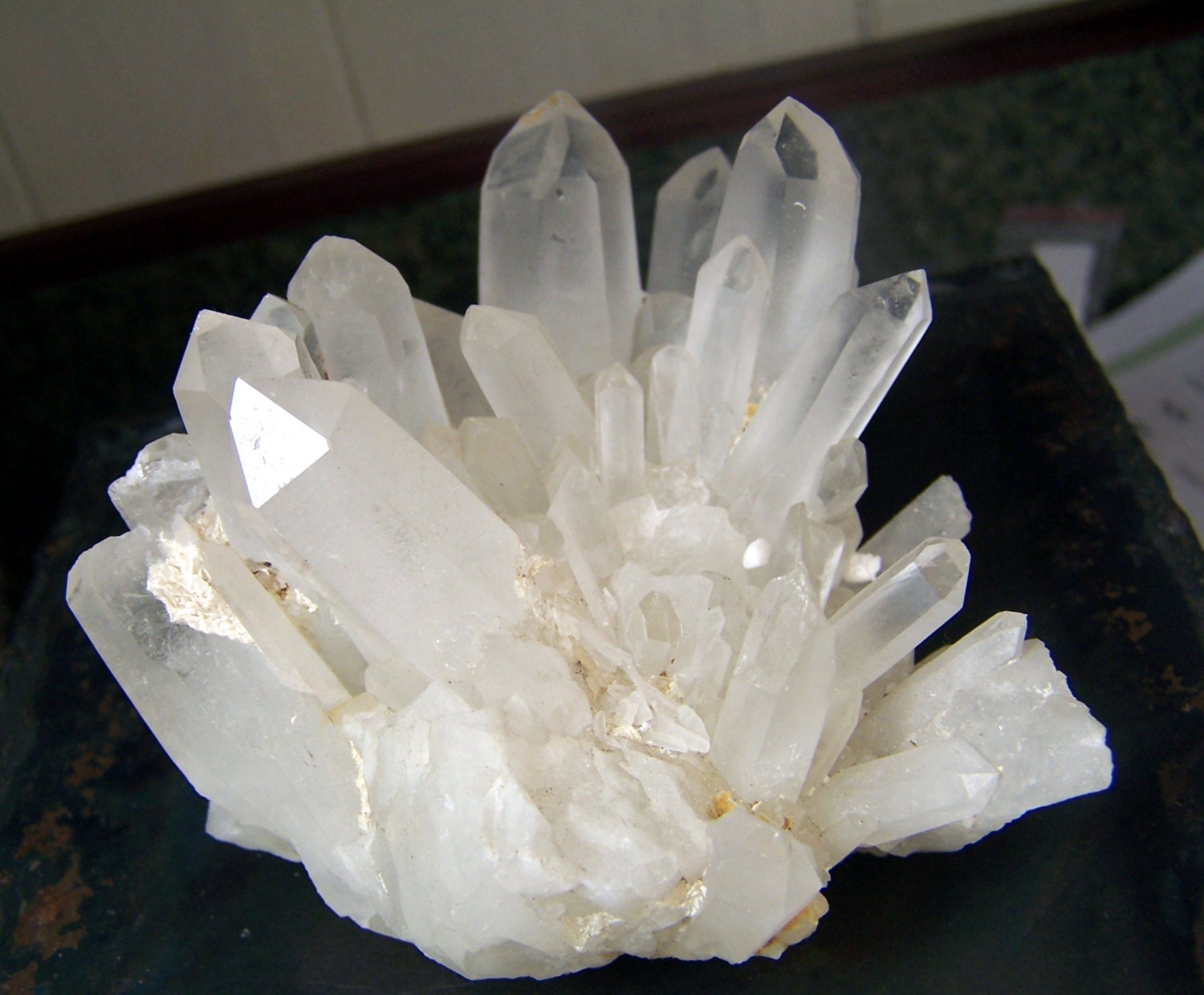

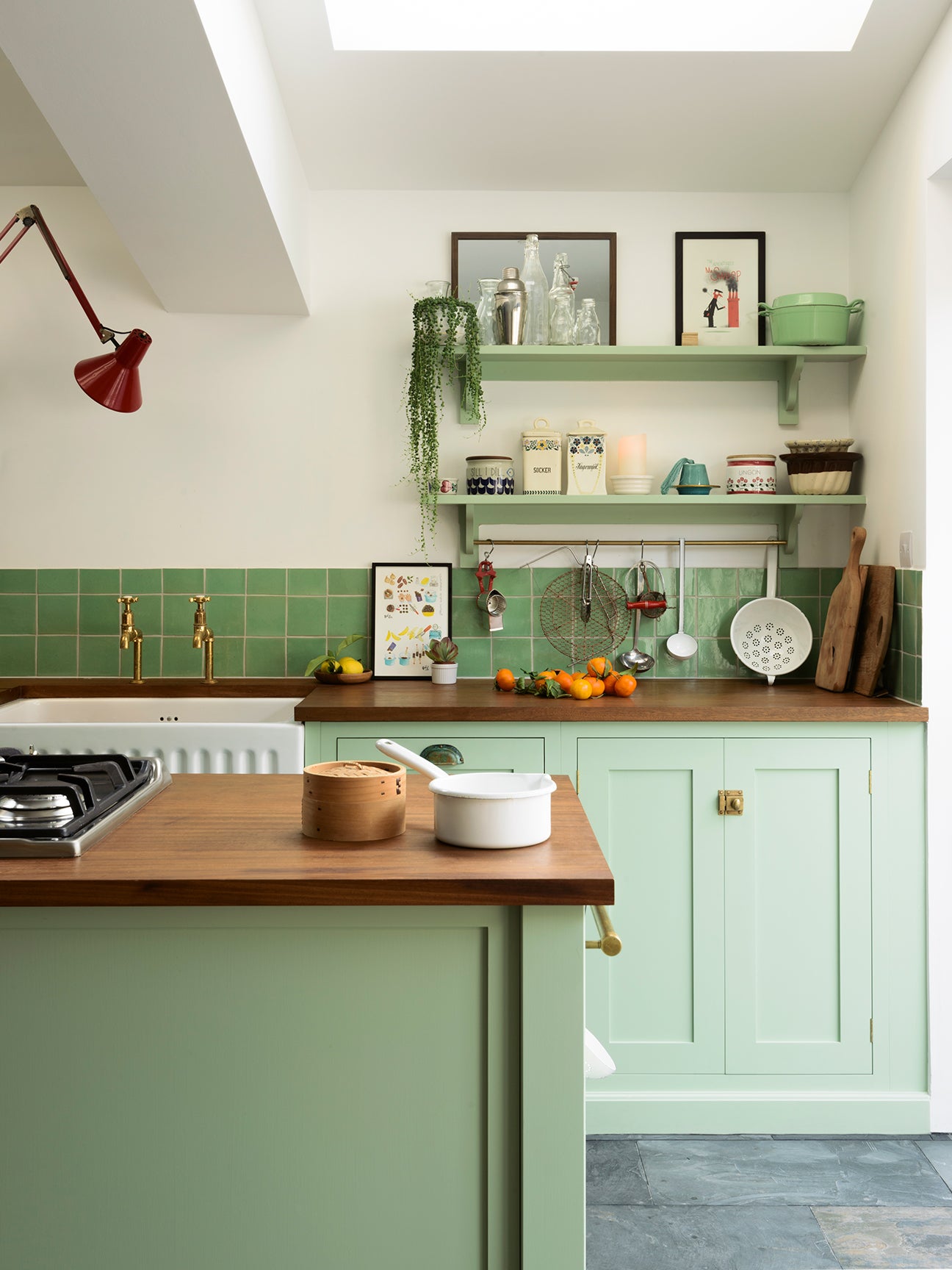
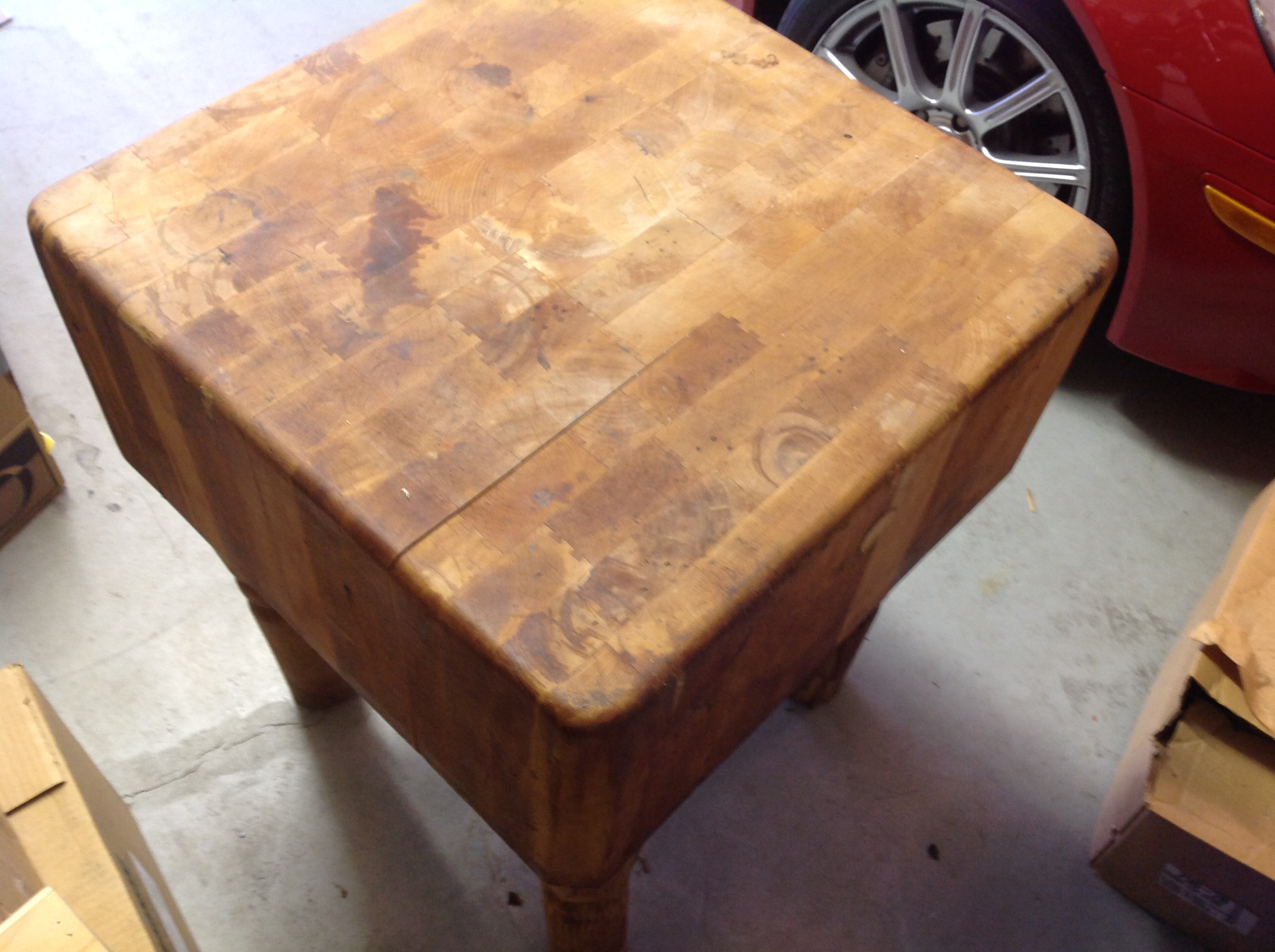
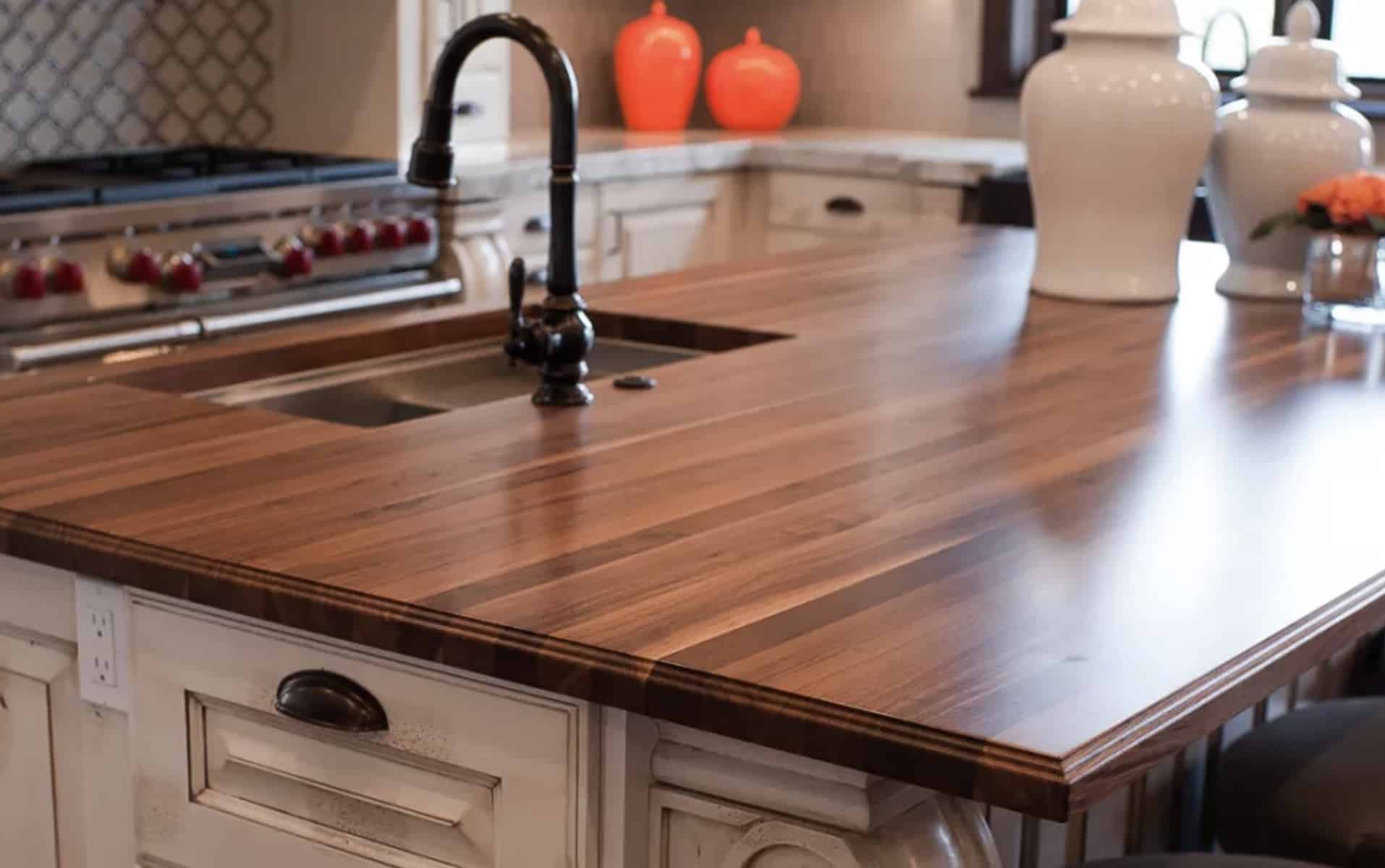
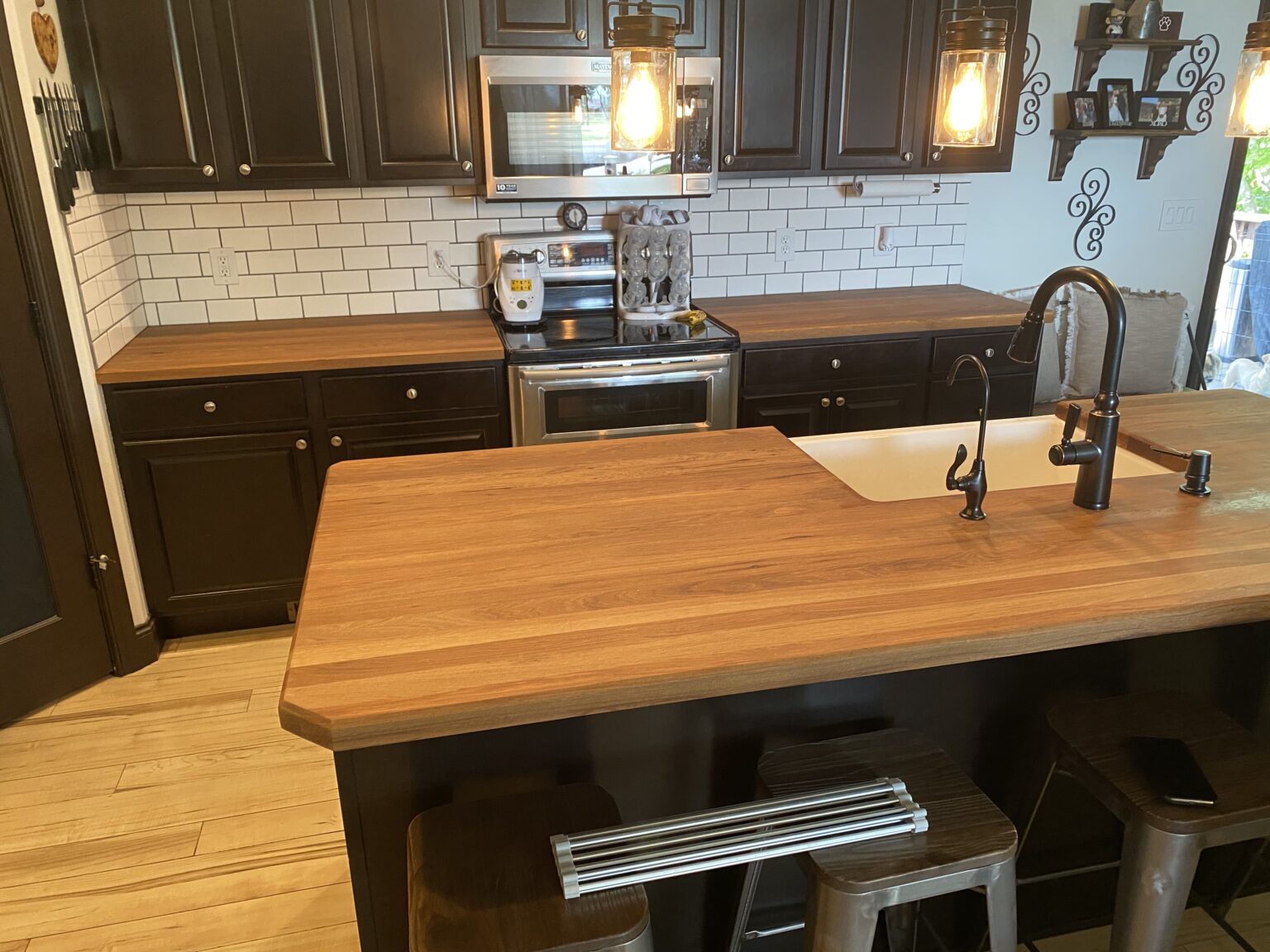

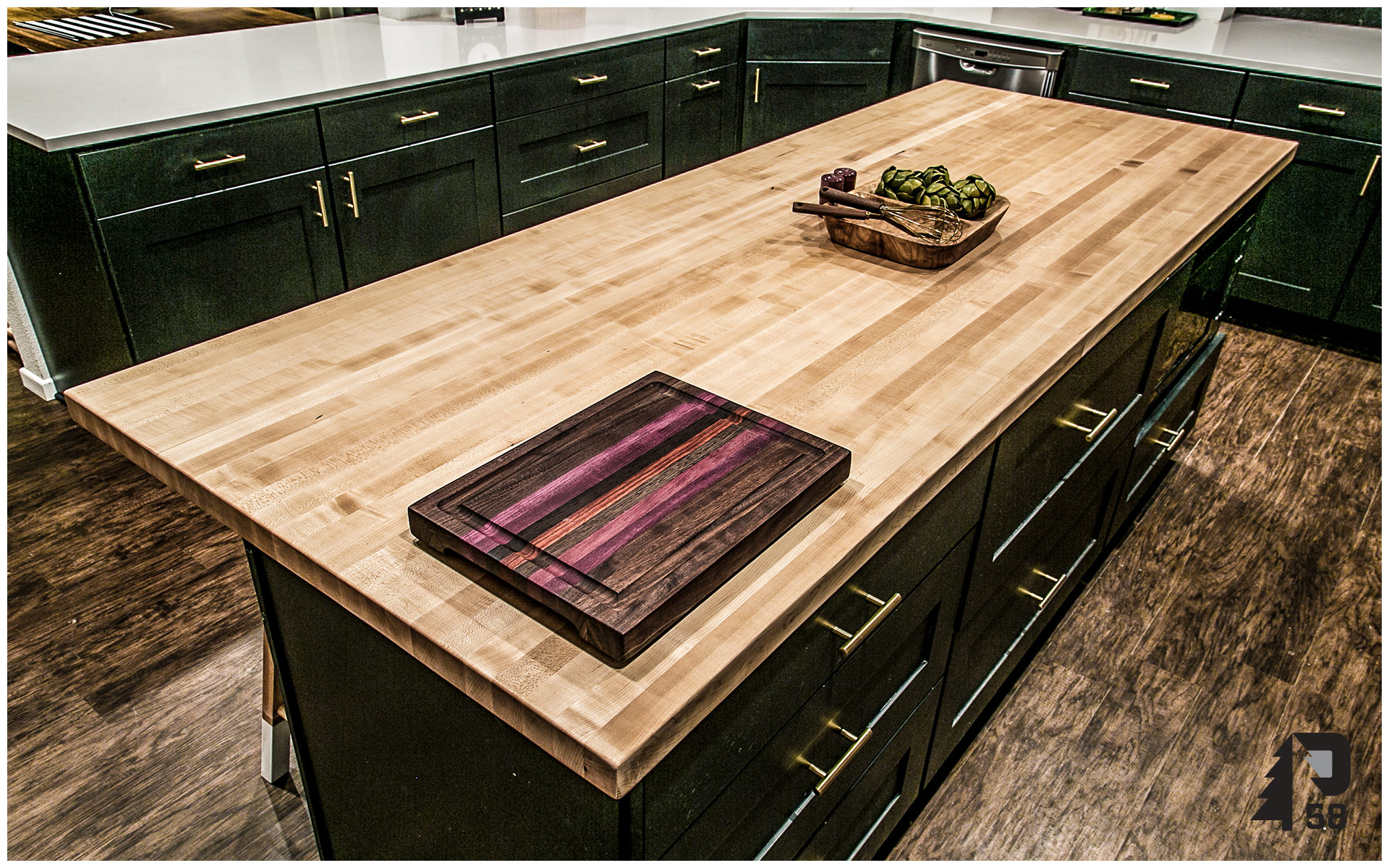
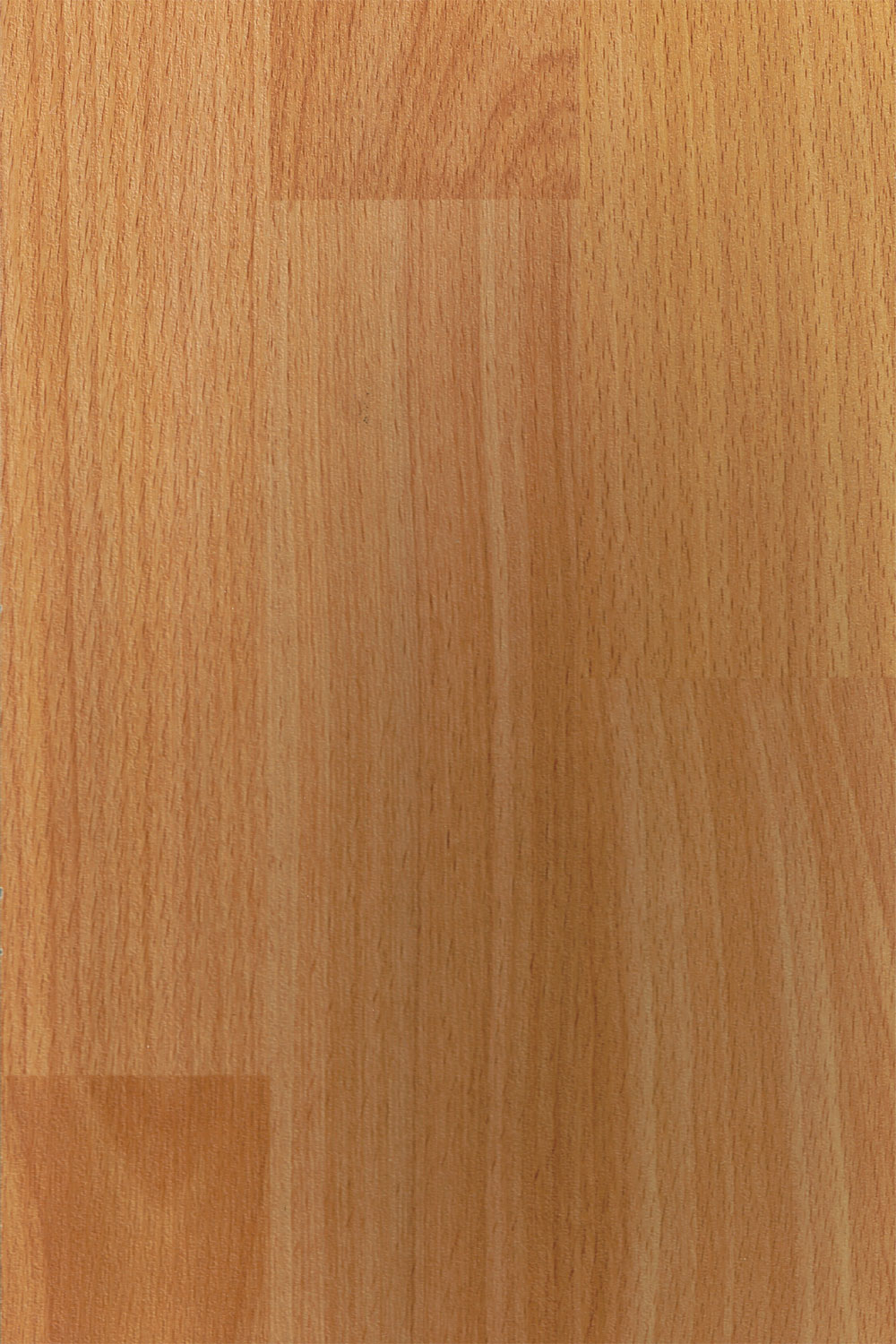
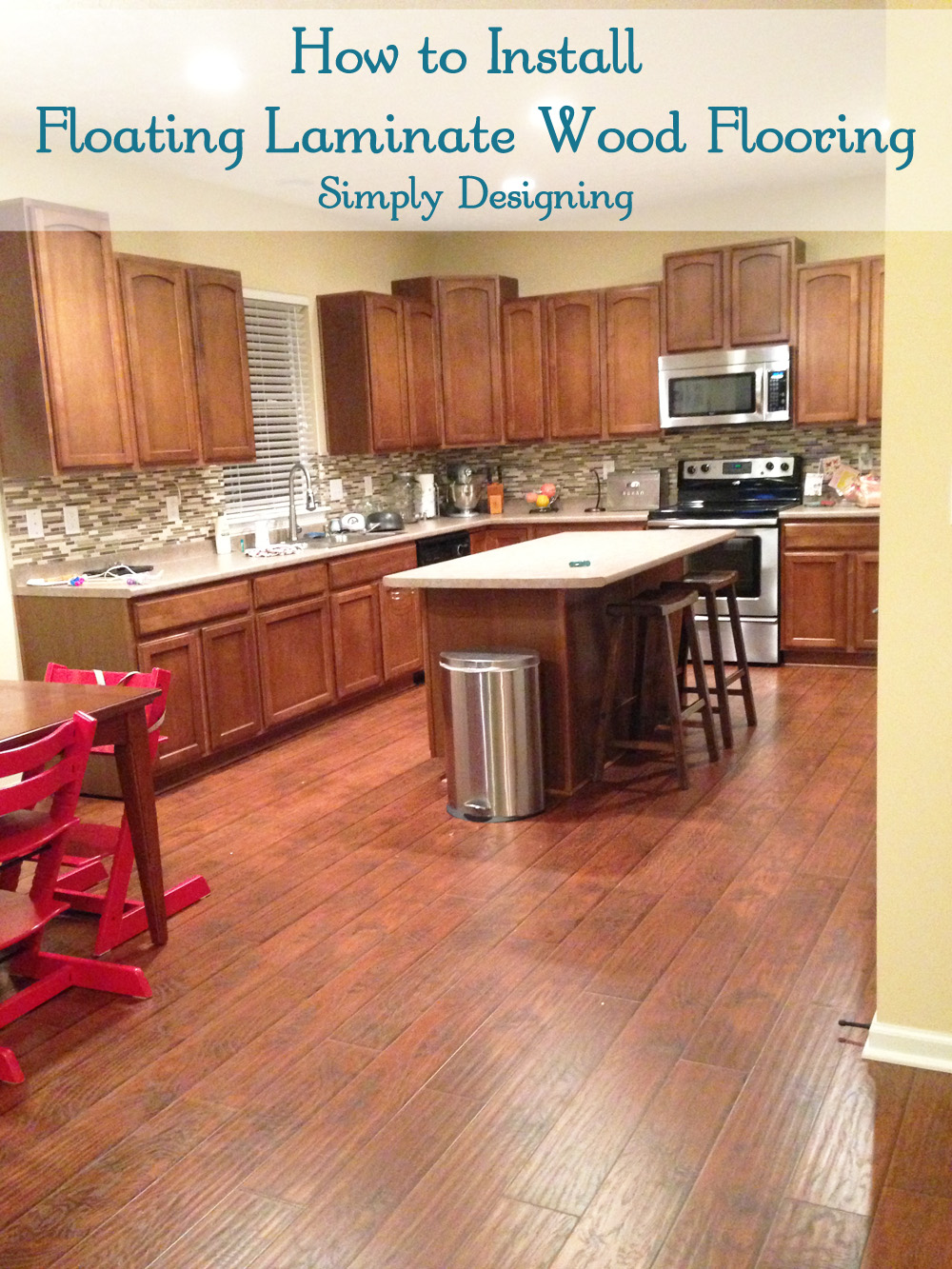

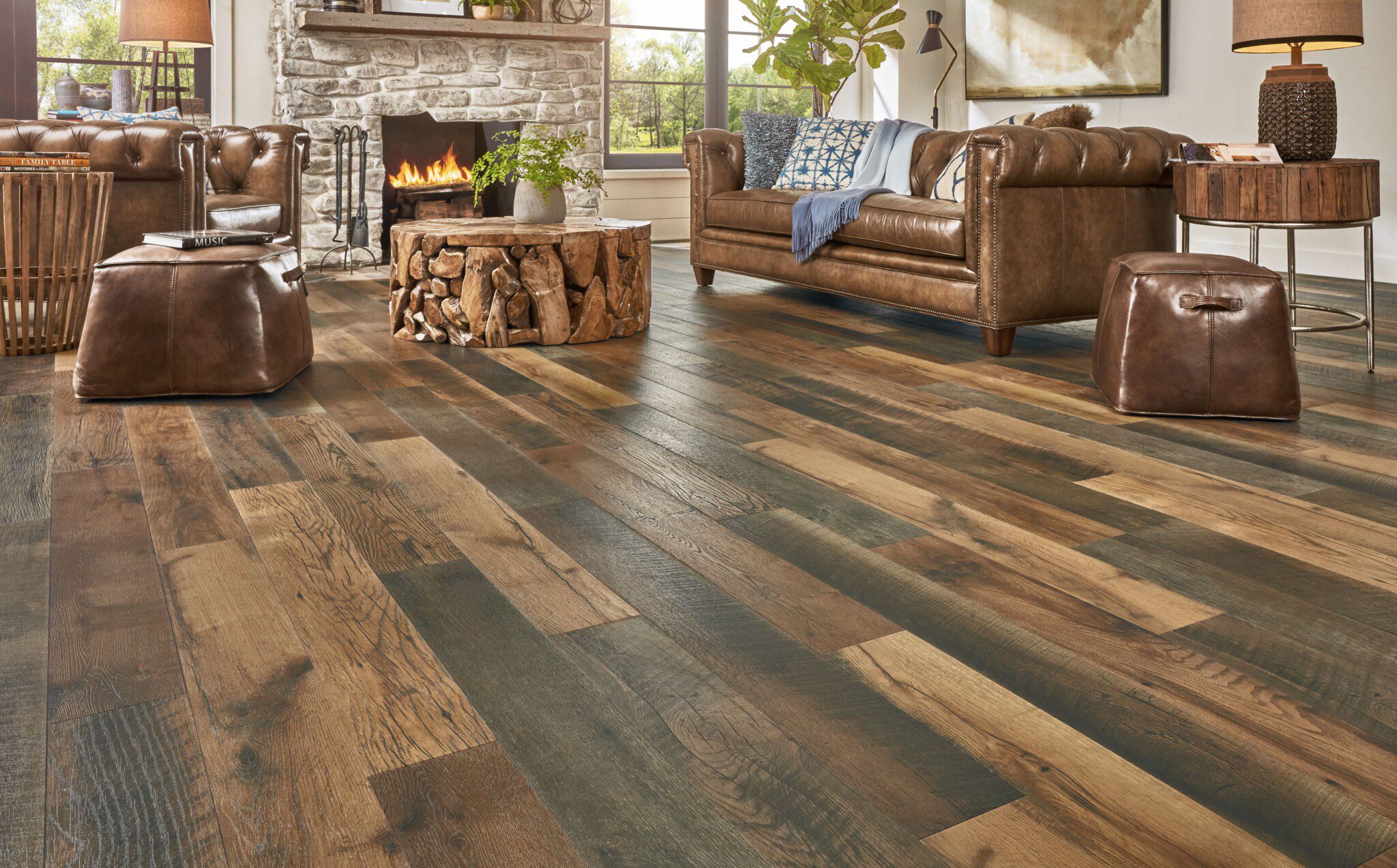

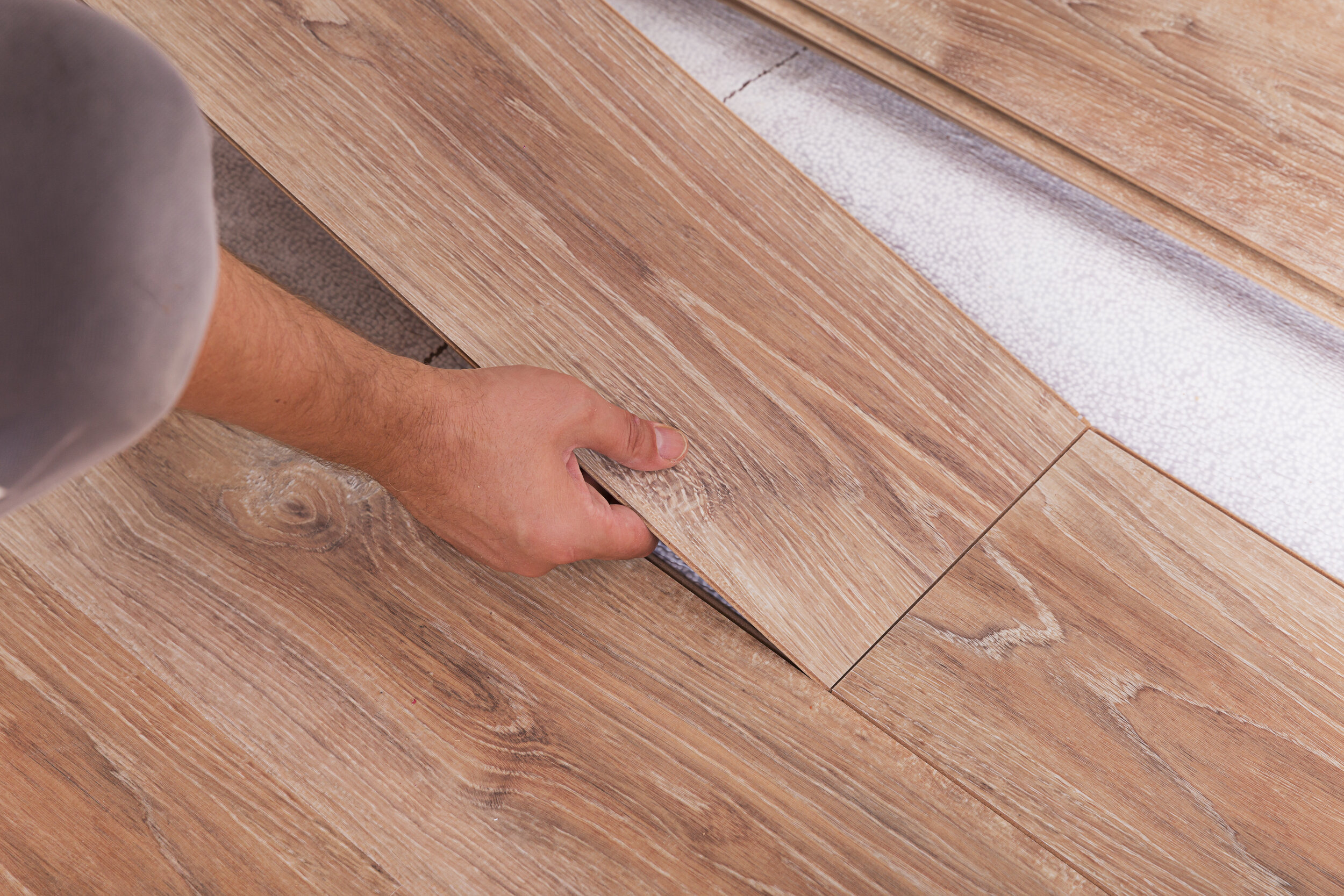
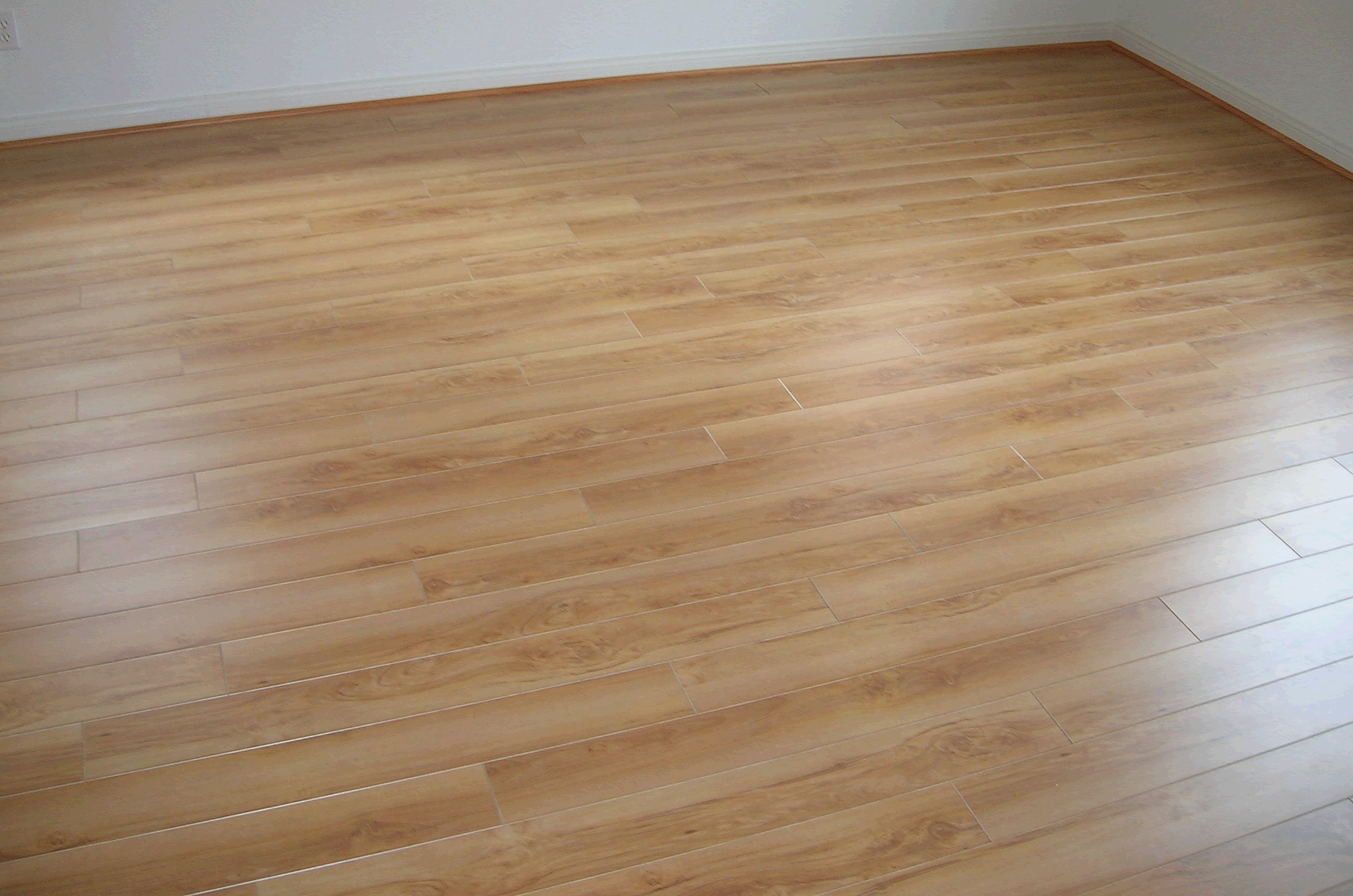


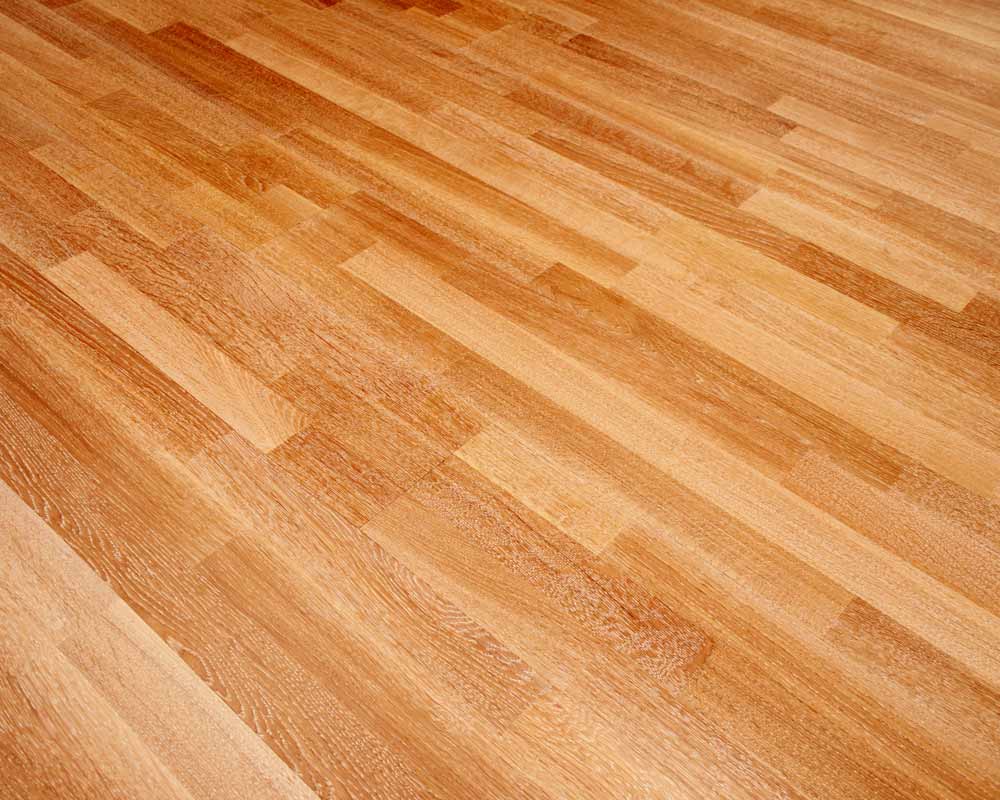
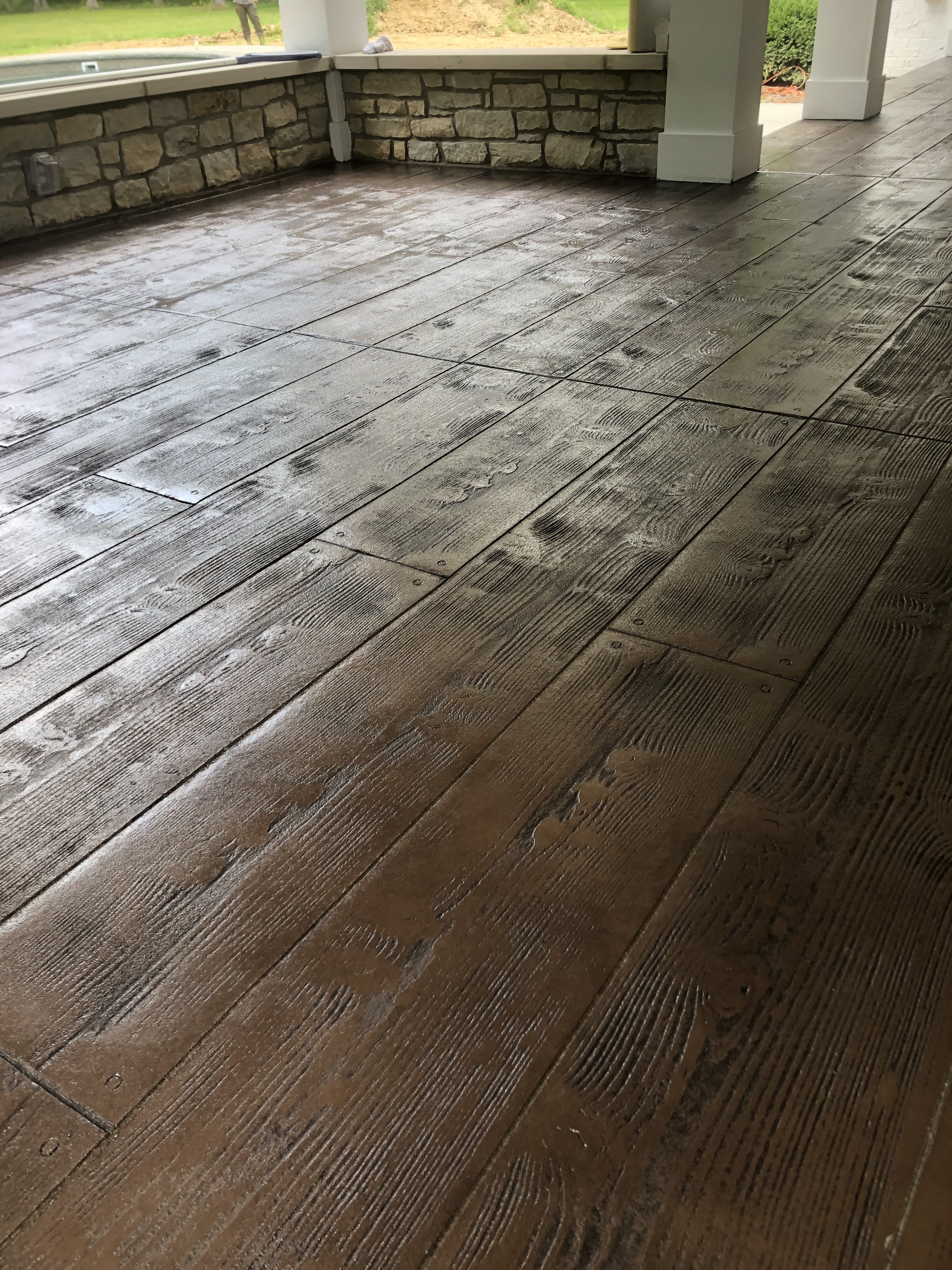



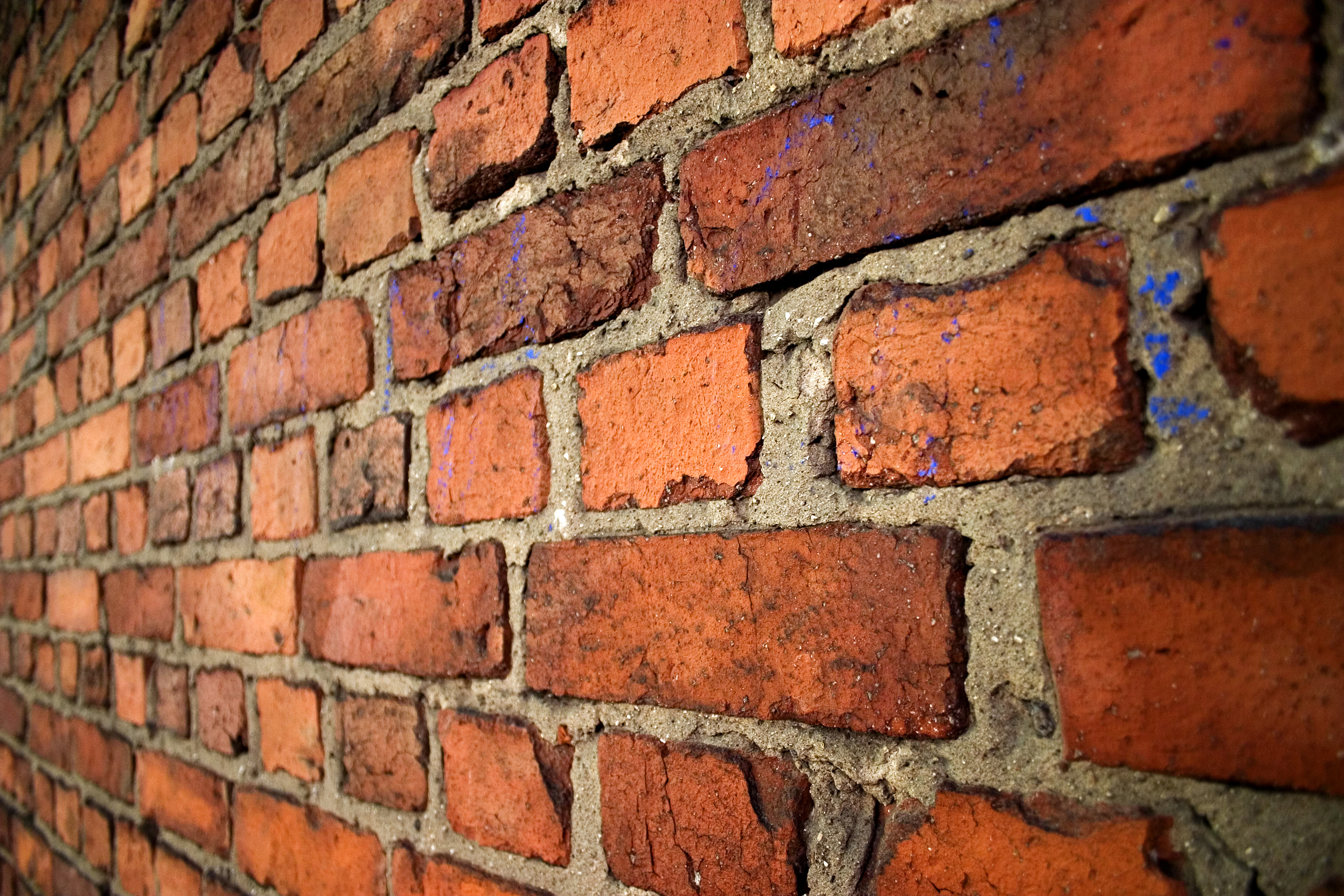
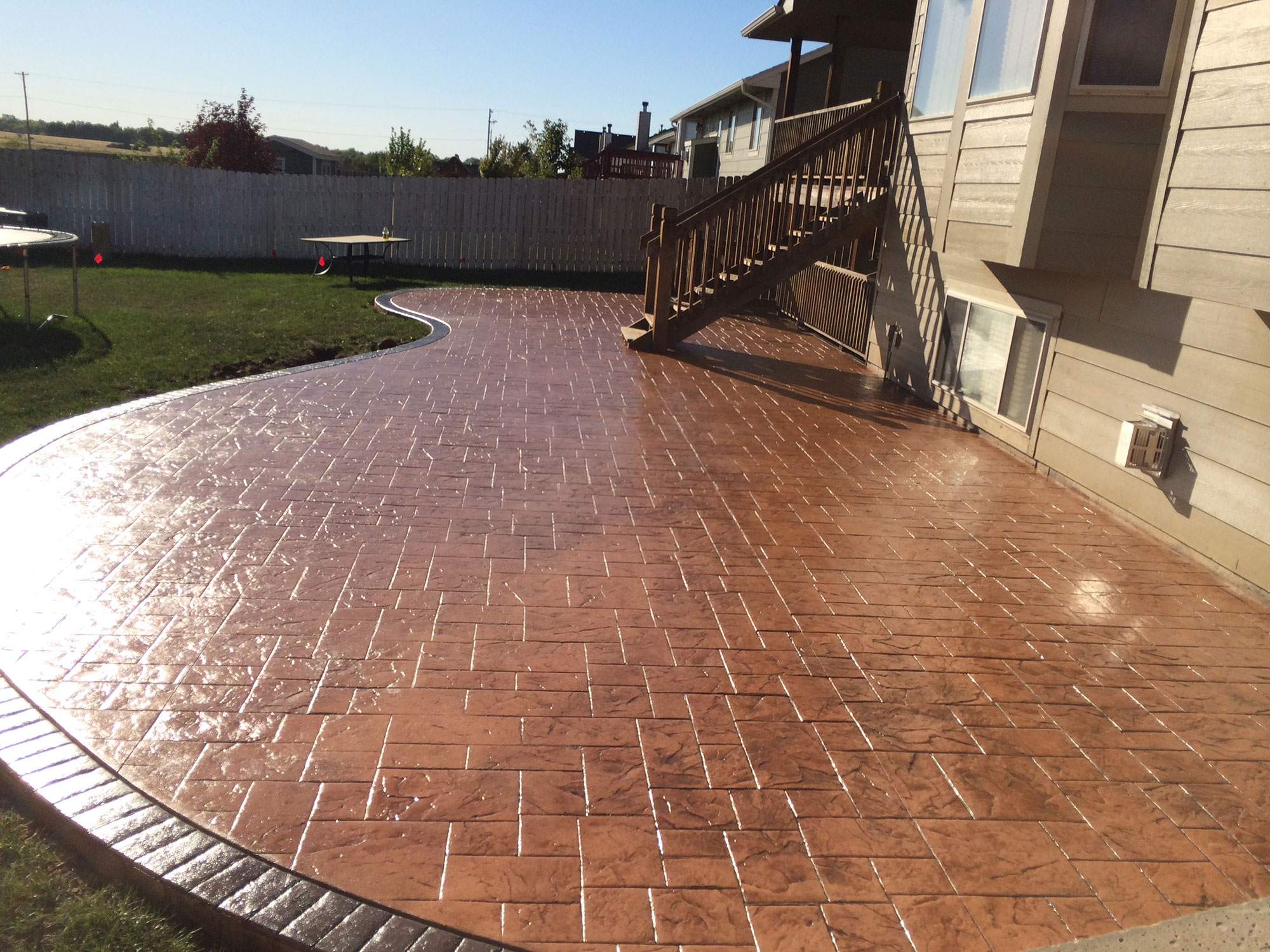
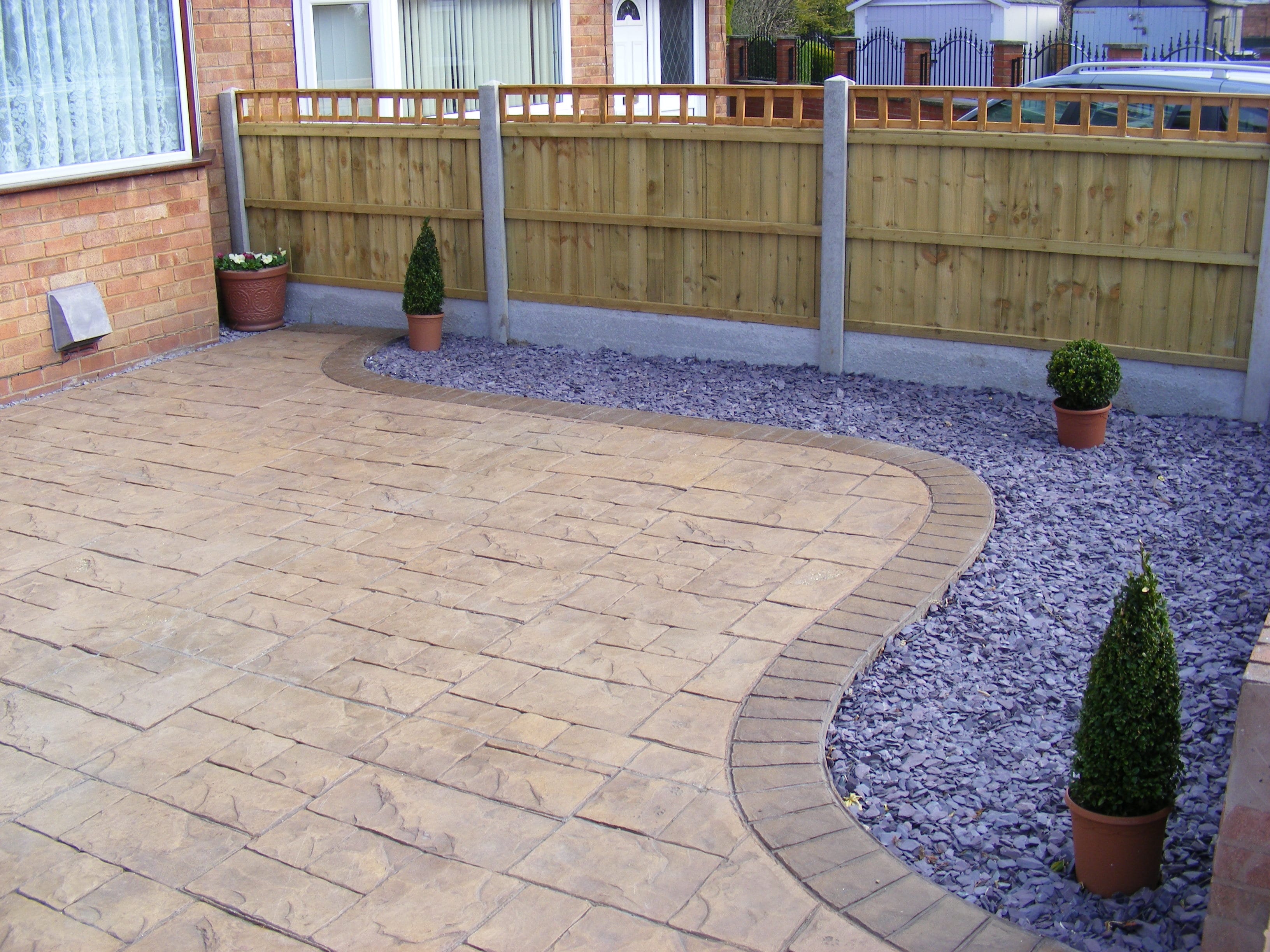
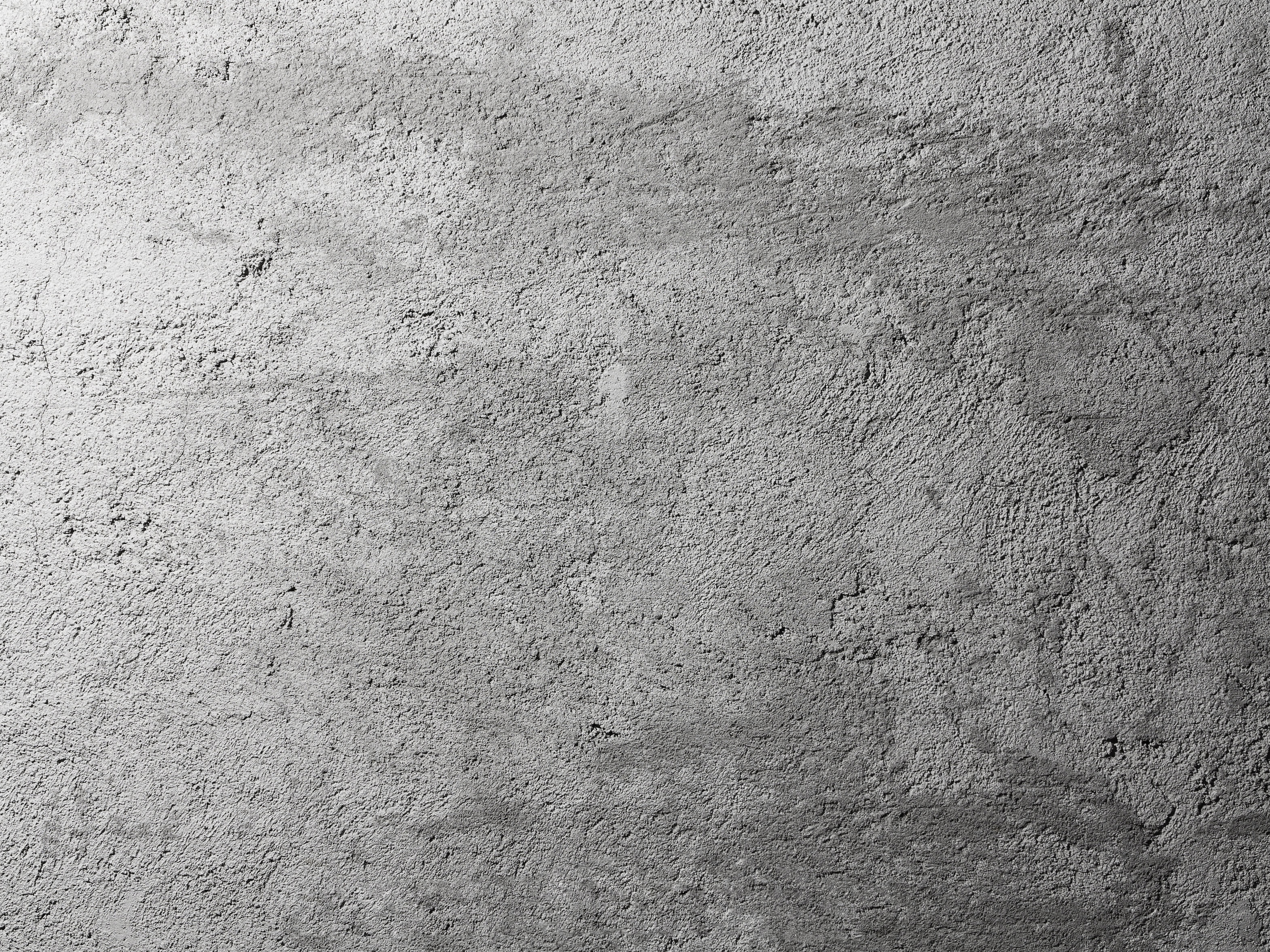
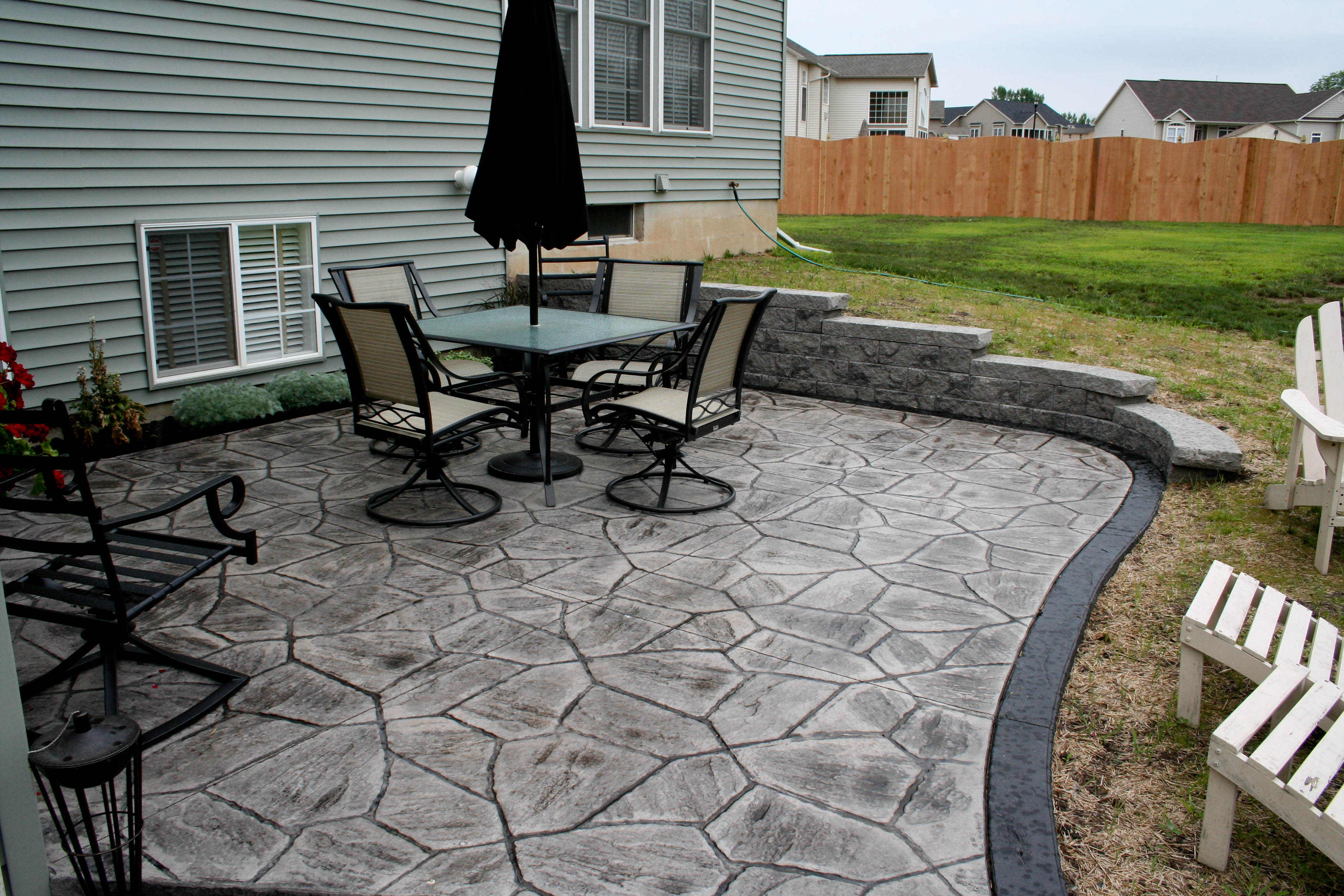

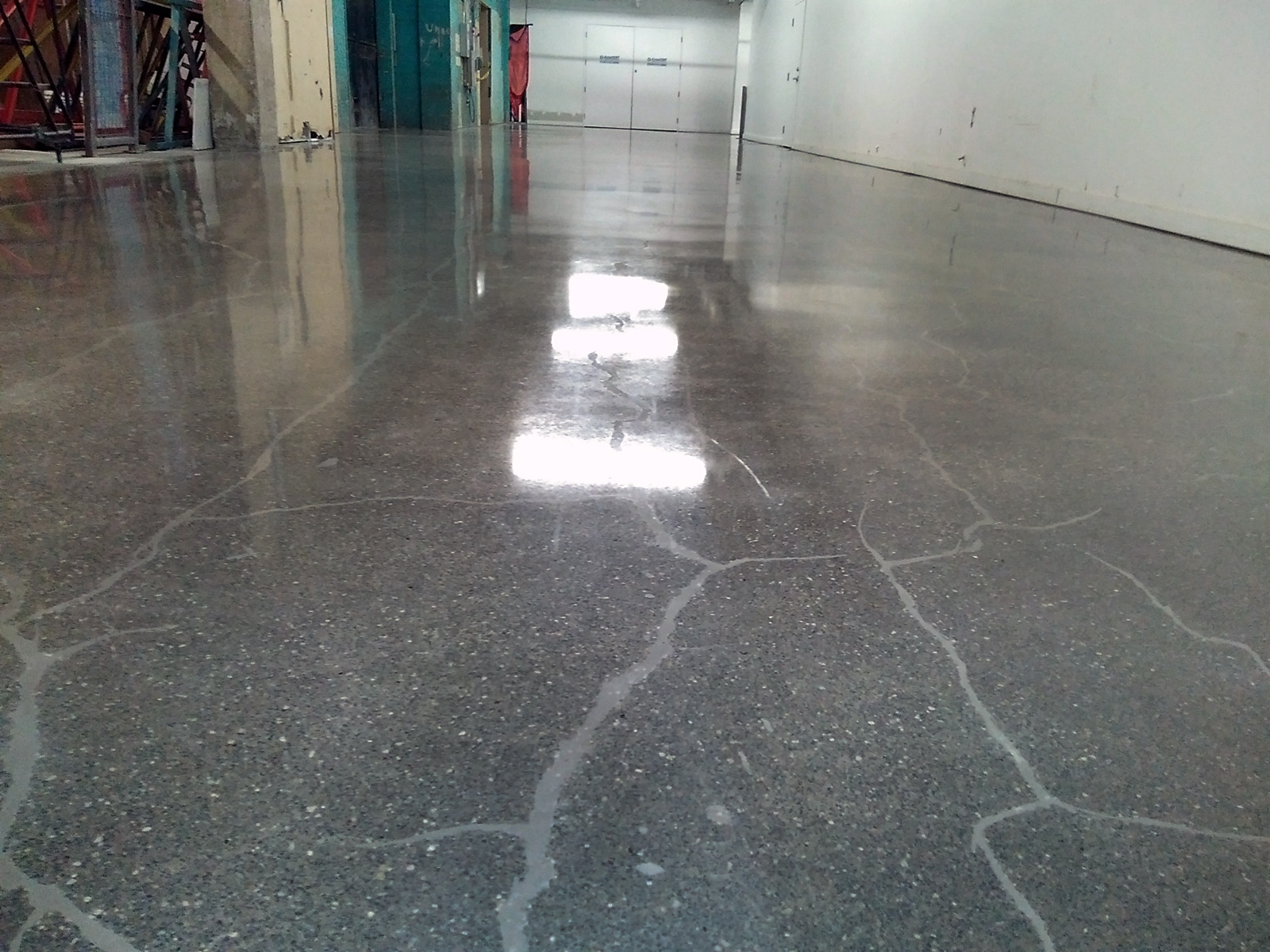
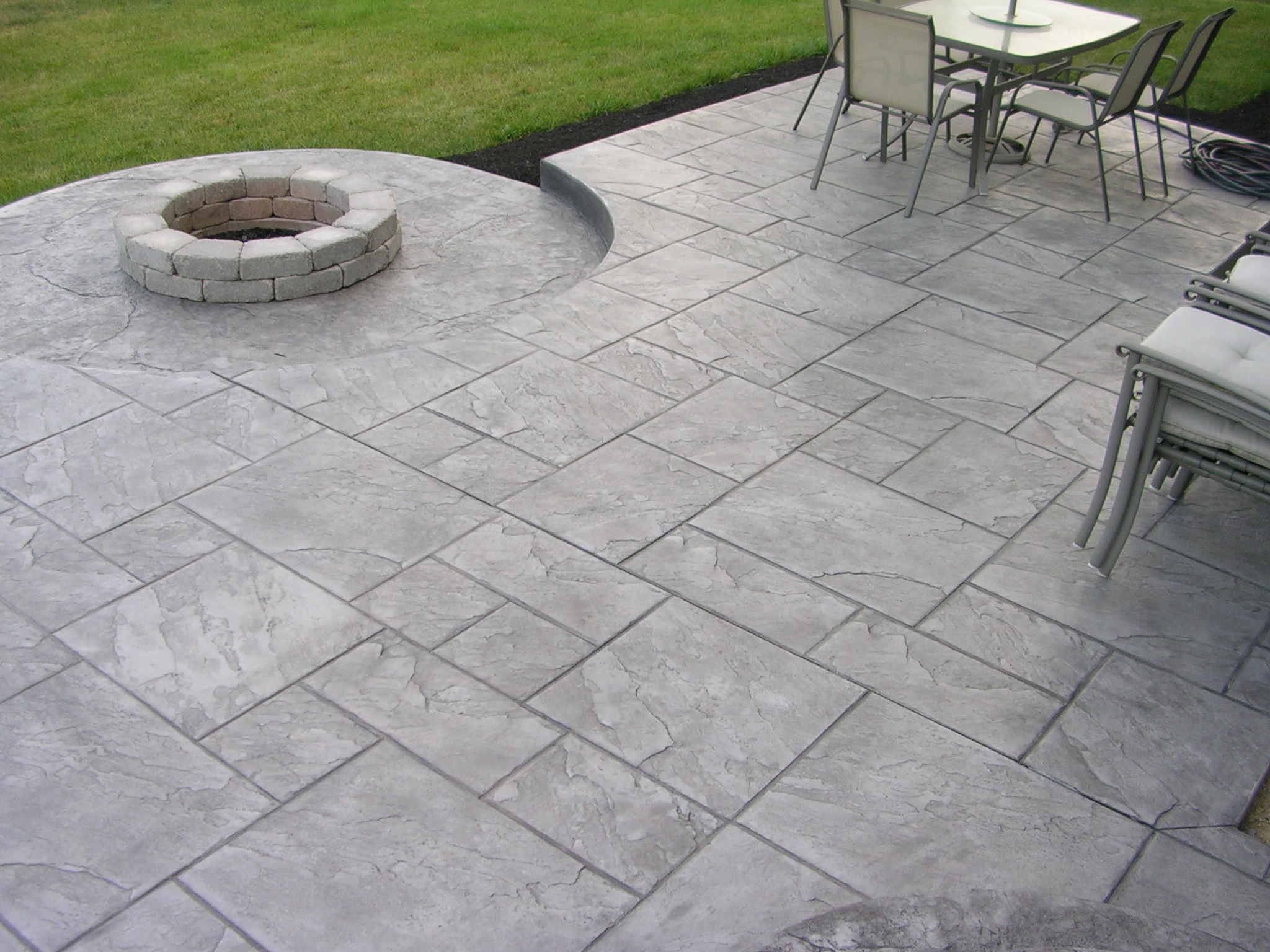

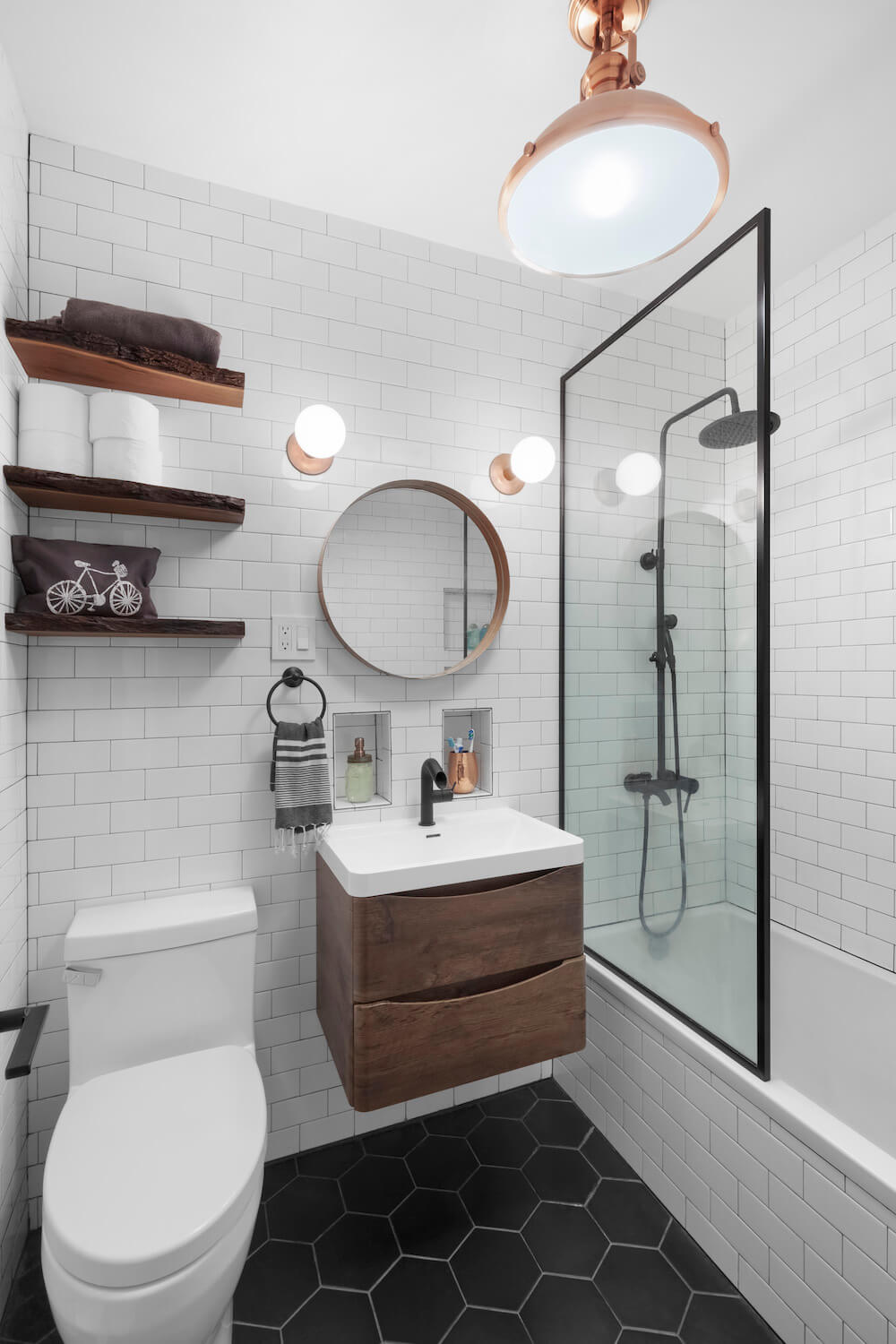

/quarry-tiles-139678125-5a983146fa6bcc00376b7b8b.jpg)



